Latin American Studies
Affiliated Faculty
Latin American Studies students at UCSD works closely with university faculty from a wide range of departments and with diverse expertise.
Latin American Studies students at UCSD works closely with university faculty from a wide range of departments and with diverse expertise.
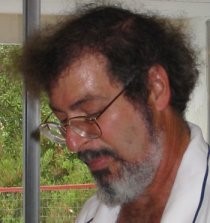
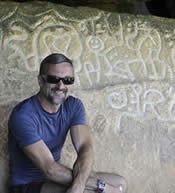
Braswell is an expert on the archaeology of Mexico and Central America, particularly the ancient Maya civilization.
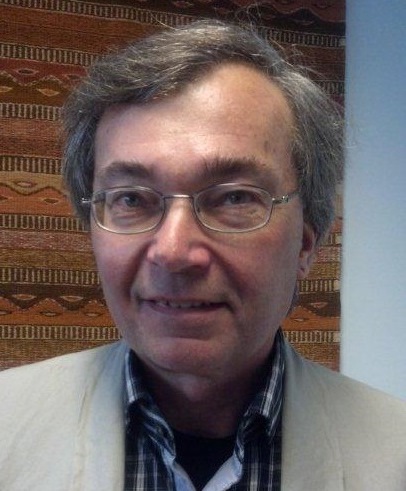
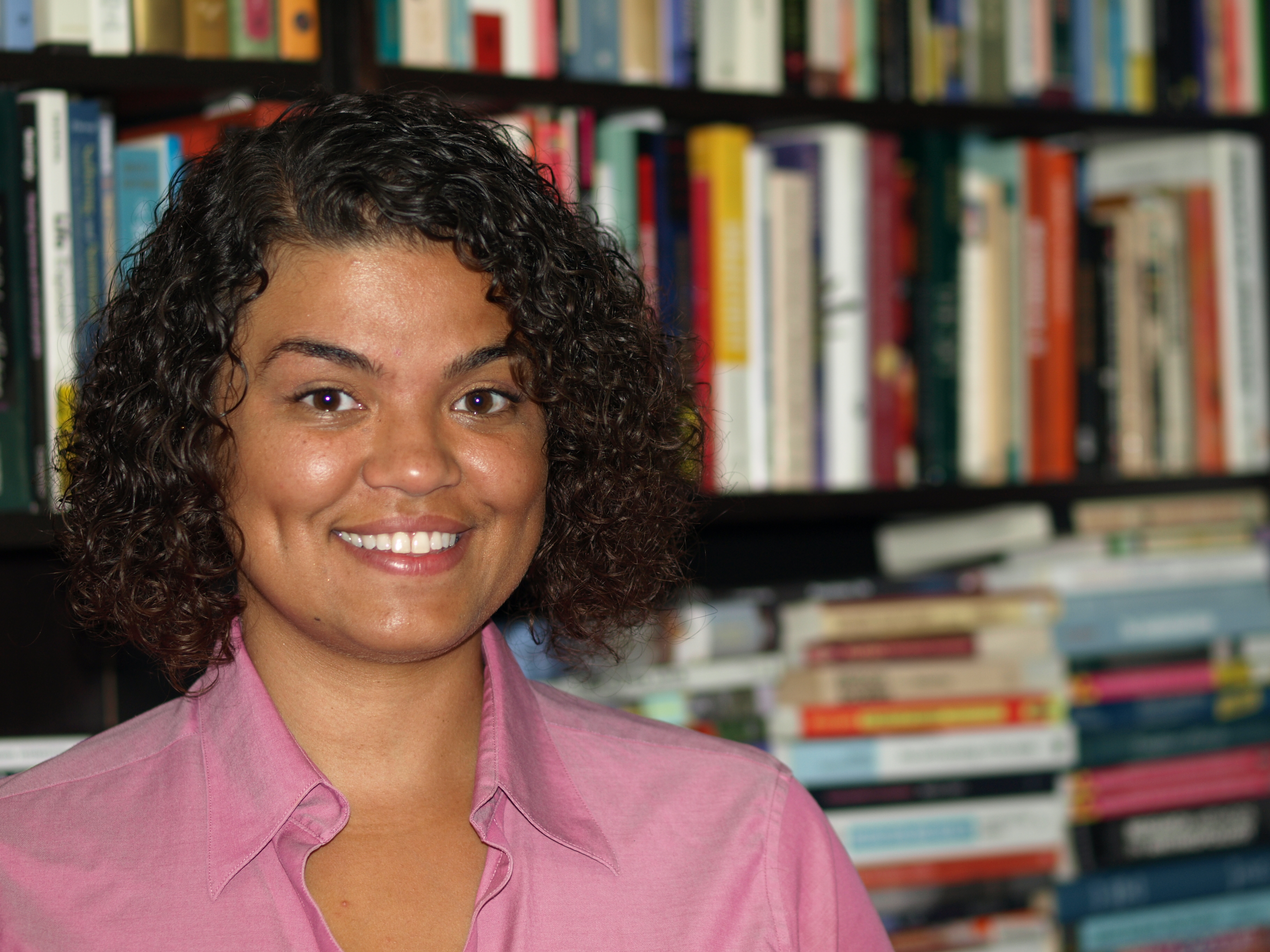
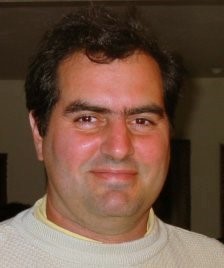
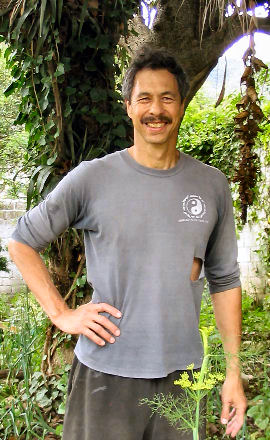
Haviland is an anthropological linguist, with interests in the social life of language. His major research has been on Tzotzil (Mayan) in highland Chiapas.
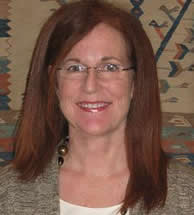
Jenkins is an expert on psychological and medical anthropology, mental health, and Mexican and Central American migrants.
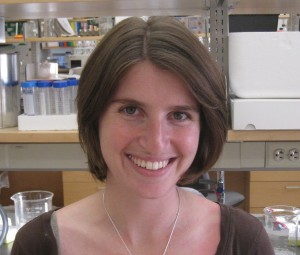
Amy Non's interests are in the genetic and sociocultural contributors to racial and social inequalities in health. Currently, she is investigating how social experiences can become biologically embedded early in life to affect health throughout the life course.
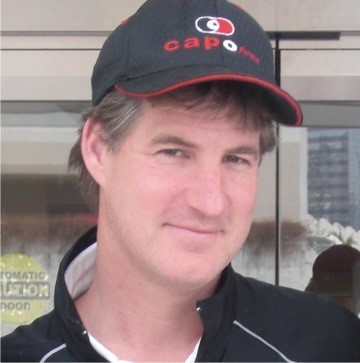
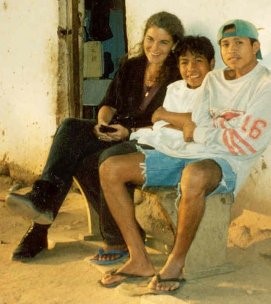
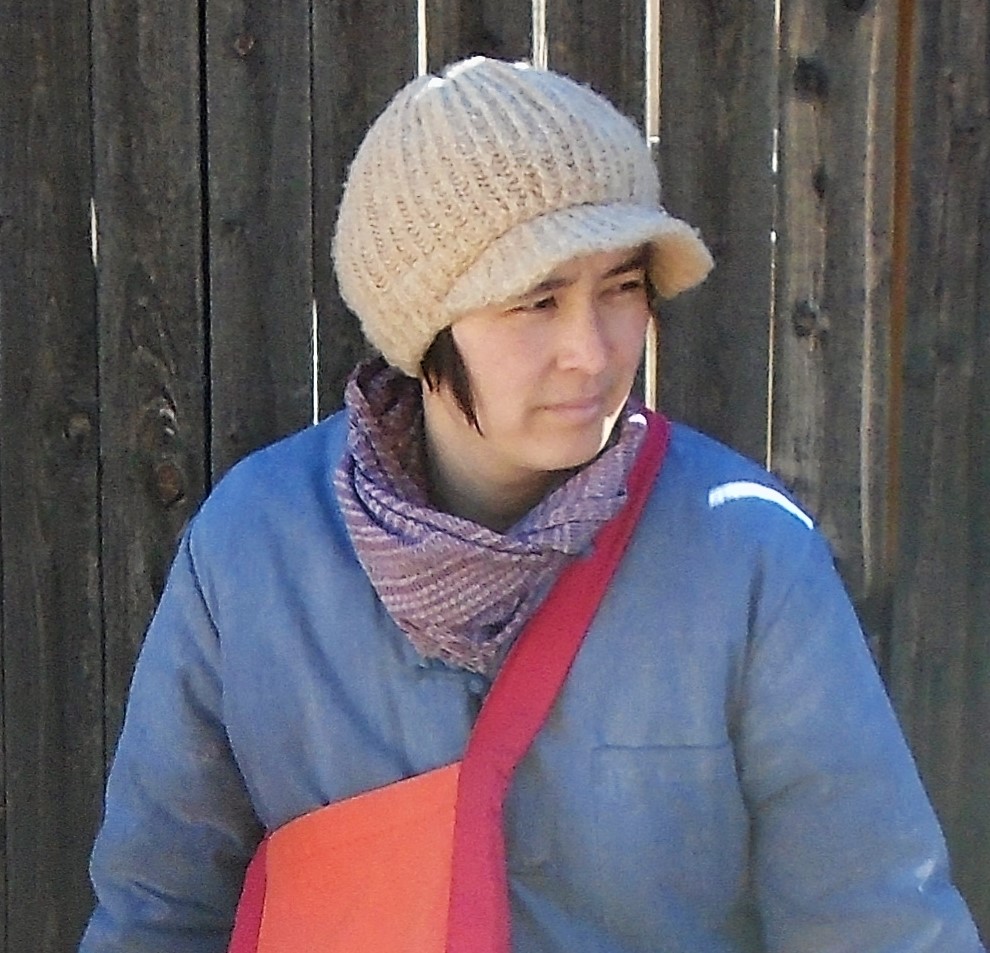
Straddling linguistic and sociocultural anthropology, Rihan Yeh’s research focuses on the effects of the US-Mexico border on public life in Tijuana, Baja California. Her first book, Passing: Two Publics in a Mexican Border City, uses the close analysis of texts and interactions to show how Mexican senses of self and collectivity take shape in relation to both the promise of passage across the border and the threat of prohibition it incarnates. Currently, she is at work on a second book about visual exchanges at, around, and across the border, while simultaneously exploring new interests in urban and transborder mobilities.
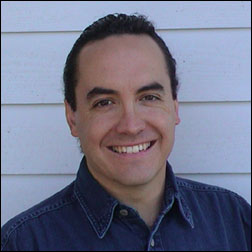

Azcárate’s research specializes in critical tourism development, space production and heritage politics in contemporary southern Mexico (Yucatan) and Spain.
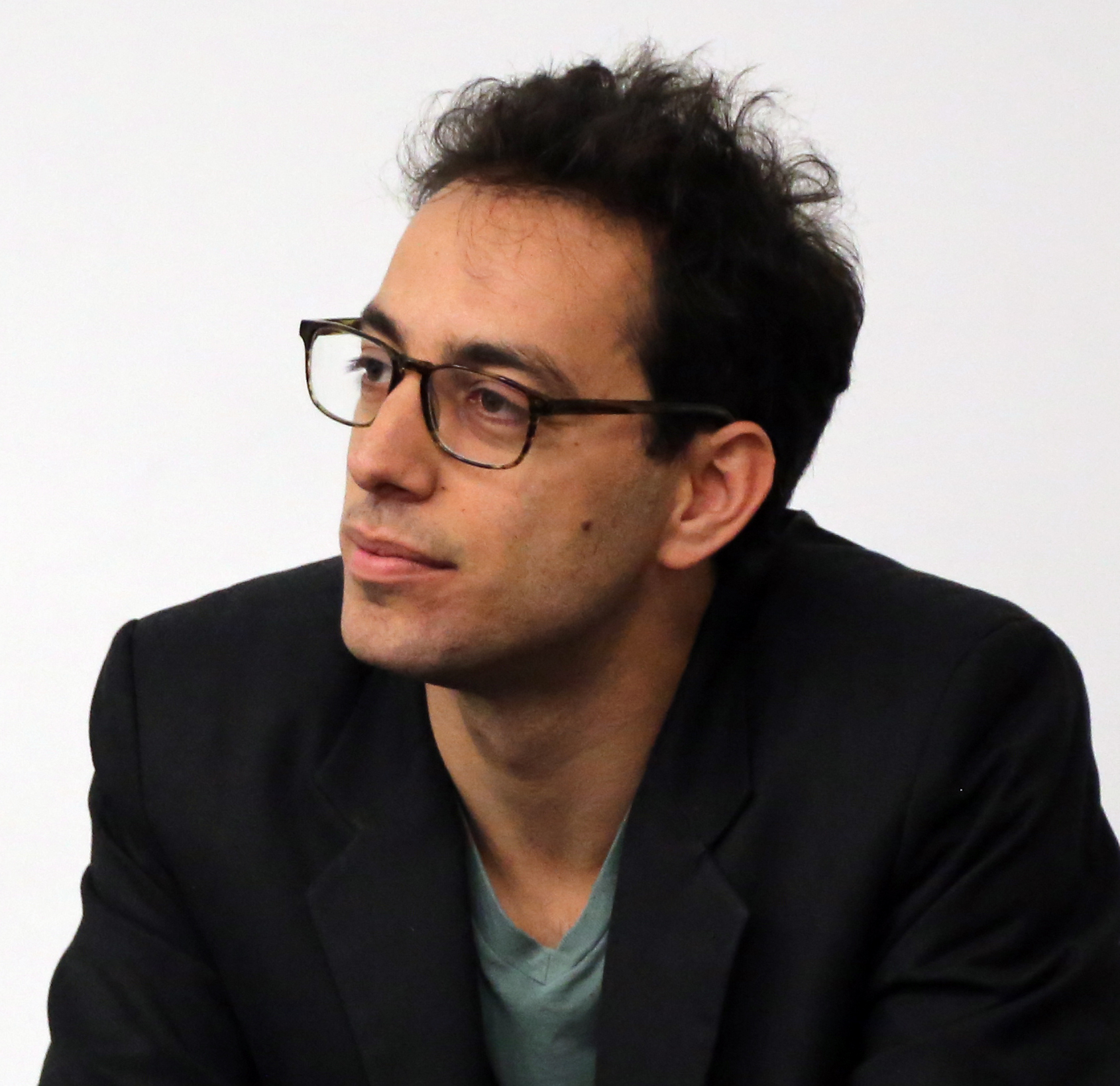
My research explores the representational politics surrounding Colombia’s war and the fitful efforts to forge a less violent future in that country. My work is deeply interdisciplinary, combining media studies, socio-cultural anthropology, and the documentary arts. In additional to traditional scholarship, I also make films and collaborate in photography projects with immigrant, refugee, and marginalized communities. I also seek to publish in Spanish whenever possible. I’ve listed a few of my key publications below. For a more extensive list, please see my Academia page.
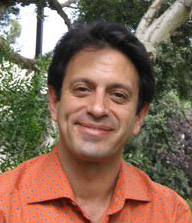
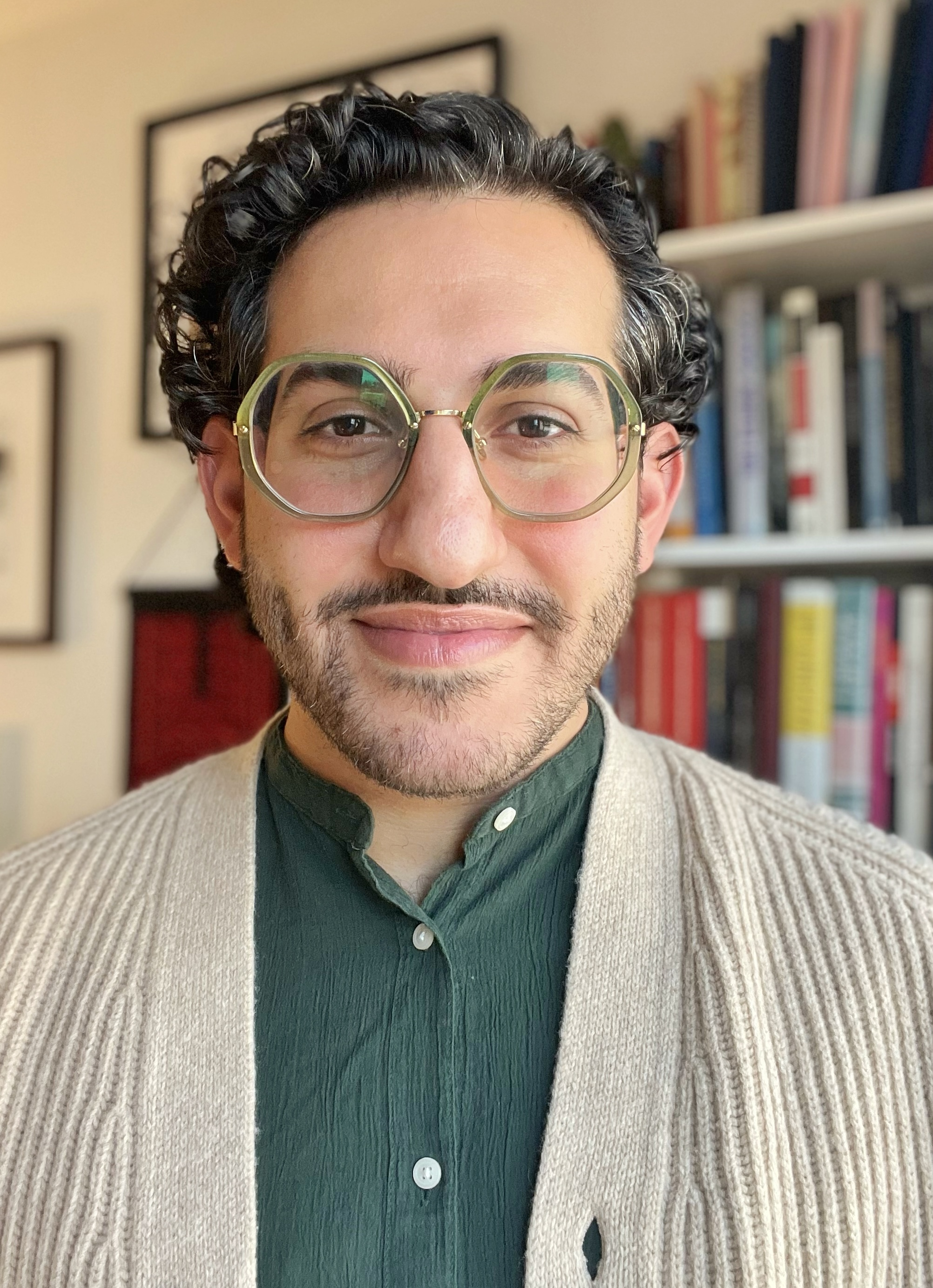
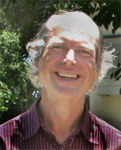
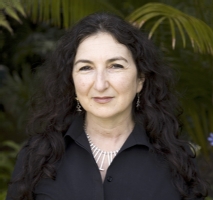
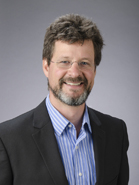
Muendler is an expert on international trade and international finance with a focus on trade and investment policies and their effects on domestic industries and labor markets.
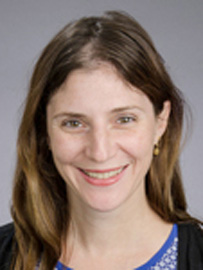
Research Interest: International trade with a particular emphasis on the behavior of multinational firms. She explores the determinants of multinational activities as well as their effects on the receiving countries. Recently, she has focused on the dynamic behavior of multinational firms. Her research blends theory, data, and quantitative methods.
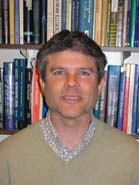
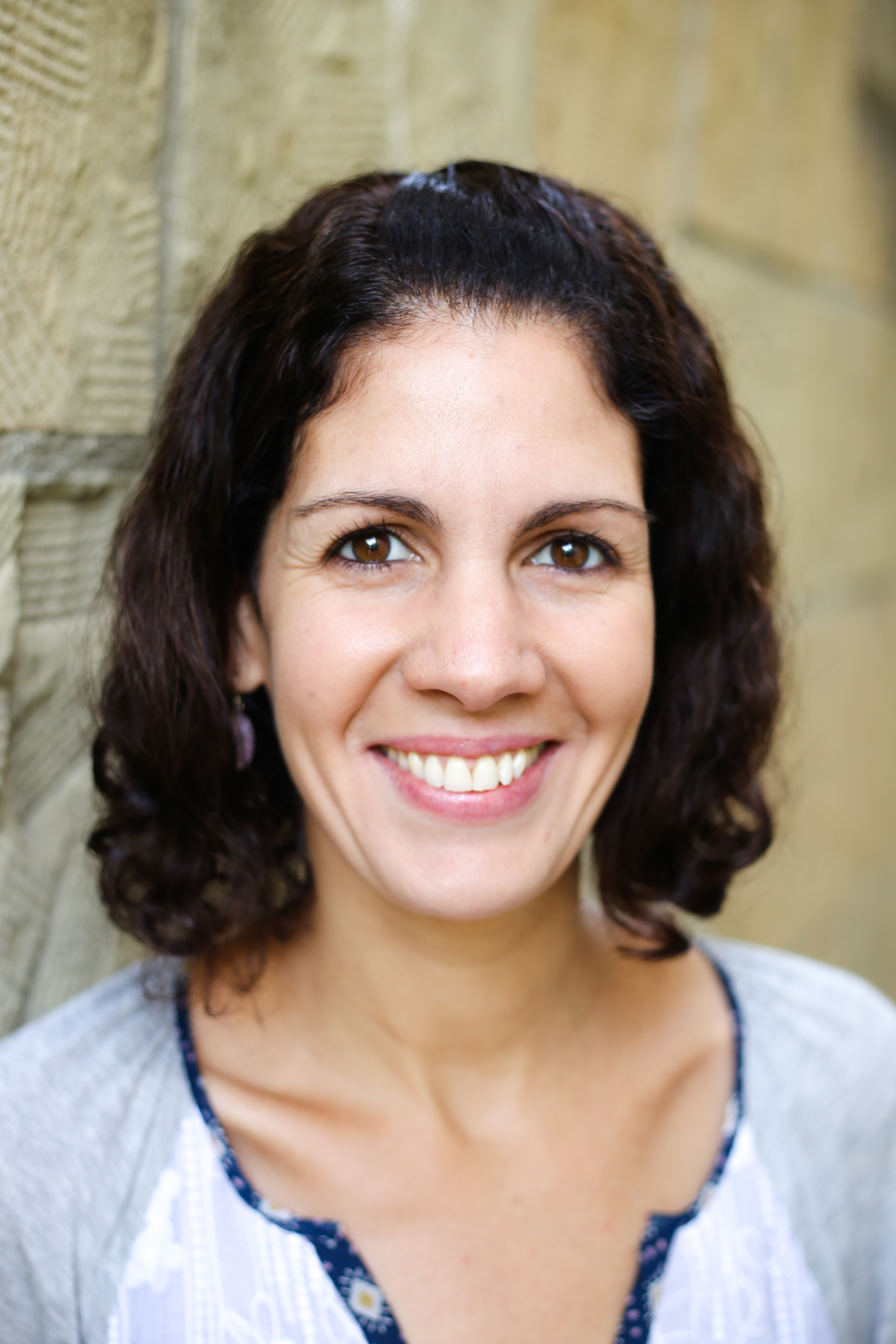
Dr. María José Aragón is an Assistant Professor in the Department of Education Studies. Her interdisciplinary research examines language and literacy practices in K-12 settings with a focus on how emergent bilinguals and students from minoritized backgrounds employ their linguistic and cultural resources to learn and engage with others. She received a Ph.D. in Education with emphasis in Applied Linguistics and Language, Interaction, and Social Organization from the University of California, Santa Barbara (UCSB). María was previously the Director of Instruction for the SKILLS (School Kids Investigating Language in Life and Society) Program, a social justice-oriented university-community partnership at UCSB. As a teacher educator, she has taught courses on bilingual education and dual language learners at California State Polytechnic University, San Luis Obispo, and California State University, Channel Islands.
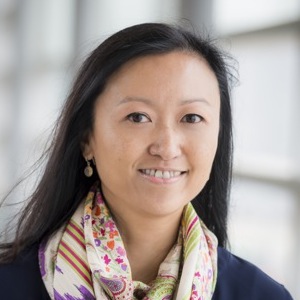
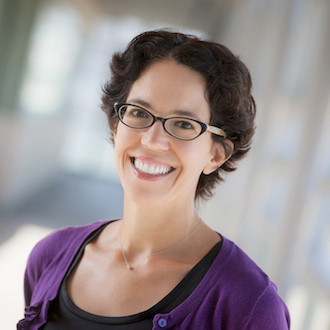
Dr. Cohen's research examines Mexican heritage families’ beliefs and experiences with autism spectrum disorder (ASD). She is particularly interested in how parents’ beliefs about ASD causes, symptoms, and treatments shape parents’ educational decisions, childrearing goals, and parenting practices. She utilizes a sociocultural framework informed by the literature on cultural models of education and child socialization from typically developing Mexican immigrant families to inform her work.
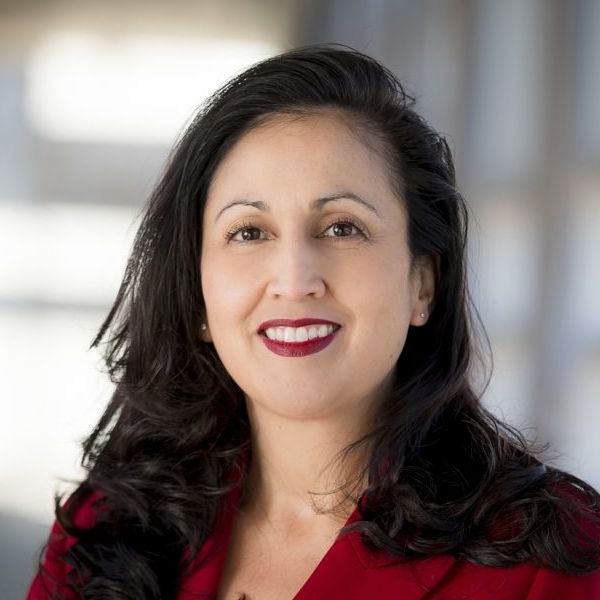
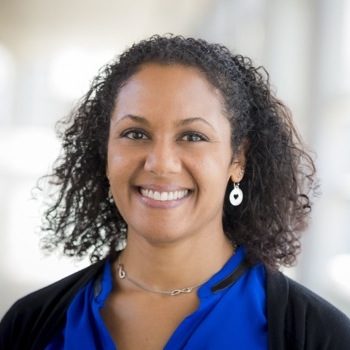
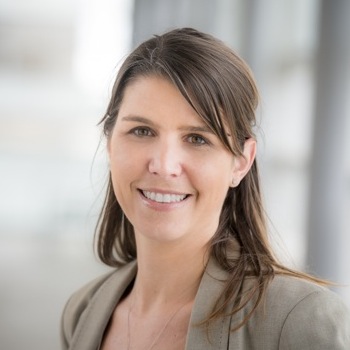
Dr. Wishard Guerra’s research focuses on culture and development in early childhood, with particular focus on social and language development among Latino children from low-income families. Her research looks specifically at how social relationships and interactions may serve as protective factors for later cognitive development among at-risk children. She studies within group variations related to immigration and acculturation experiences and their associations to children's developmental outcomes.
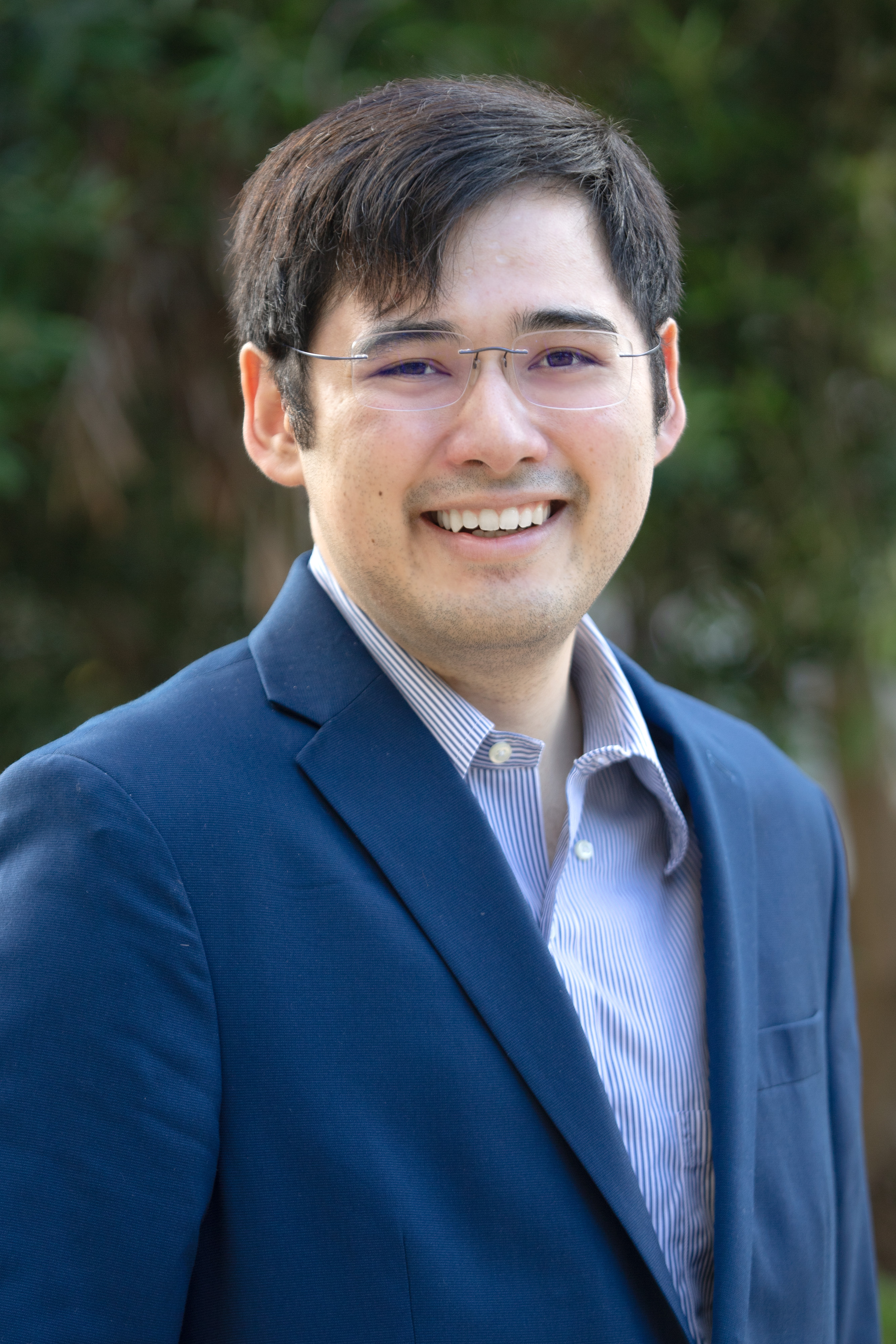
Andrew Estrada Phuong is an Assistant Professor in the Department of Education Studies at the University of California, San Diego. He earned a Master's degree from Harvard University and a Ph.D. from UC Berkeley.
Dr. Phuong studies what makes great teaching transformational. He uses rigorous research methods—including randomized controlled trials, multilevel regression modeling, and advanced qualitative techniques—to study how evidence-based teaching practices and professional development strategies improve student learning. His work focuses on how adaptive teaching, advising practices, and emerging technologies, including artificial intelligence, can support student engagement, sense of self efficacy, and success across college settings.
Prior to UC San Diego, he taught pedagogy courses and led campus-wide professional development programs at UC Berkeley. This work, informed by his research, has been recognized by multiple awards including the Teaching Effectiveness Award (2021), the Outstanding Peer Advisor, Mentor, Counselor, or Ambassador Award (2021), the Service to the Advising and Student Services Community Award (2022), the 2023 Chancellor’s Outstanding Staff Team Award, and the Advising Innovation Award (2024) at UC Berkeley.
Dr. Phuong’s research spans multiple disciplines including STEM (e.g., Computer Science, Data Science, Mathematics, Statistics), the Humanities, and the Social Sciences. Committed to organizational transformation, he leverages multilevel modeling and qualitative research to explain how professional development innovations increase the adoption of evidence-based practices. In over a dozen college STEM courses, his research has demonstrated that adaptive professional development can enhance teaching effectiveness, which positively impacts students’ success at scale.
He has consulted for a wide range of educational professionals—faculty, staff, advisors, and leaders—and has worked to improve assessment practices, increase student achievement, and support the success of instructors, counselors, advisors, and managers. Phuong was a recipient of a Chancellor’s Fellowship at UC Berkeley, a Ford Foundation Predoctoral Fellowship with the National Academies of Sciences, Engineering, and Medicine, and multiple grants from organizations such as the Professional and Organizational Development Network in Higher Education. His work has also been featured in Times Higher Education, and he earned the 2024 Robert J. Menges New Researcher Award from the American Education Research Association’s (AERA) Faculty Teaching, Evaluation, and Development SIG.
At UC San Diego, Dr. Phuong teaches undergraduate and graduate courses that cover topics such as research design, introductory and advanced quantitative methods, measurement and assessment methods, organizational change and leadership, learning sciences, coaching, counseling, advising, design-based research, and professional development. He also collaborates with cross-campus partners to develop interdisciplinary curriculum and support student success.
For fun, Phuong embarks on food excursions, travel, and raps with a T. Rex he built!
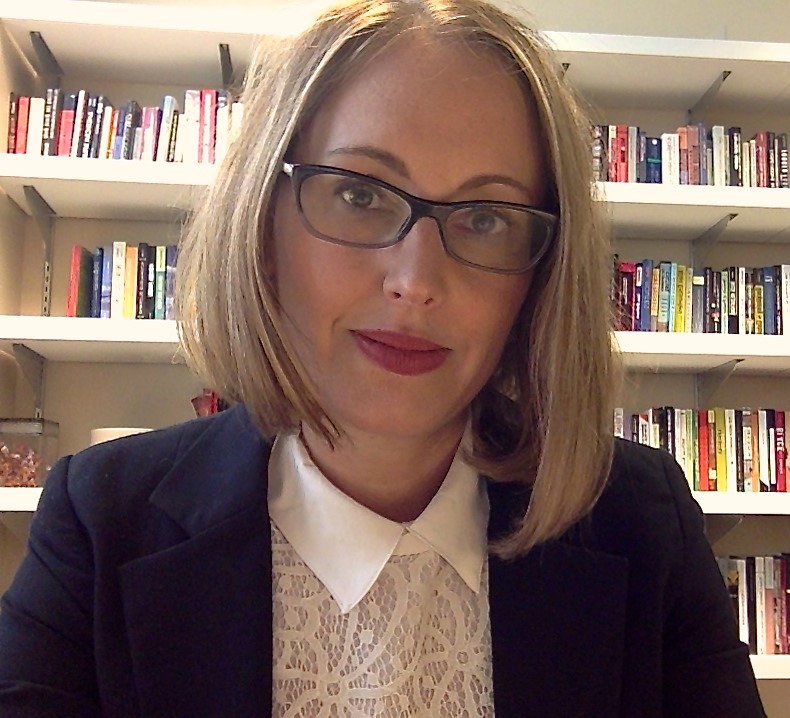
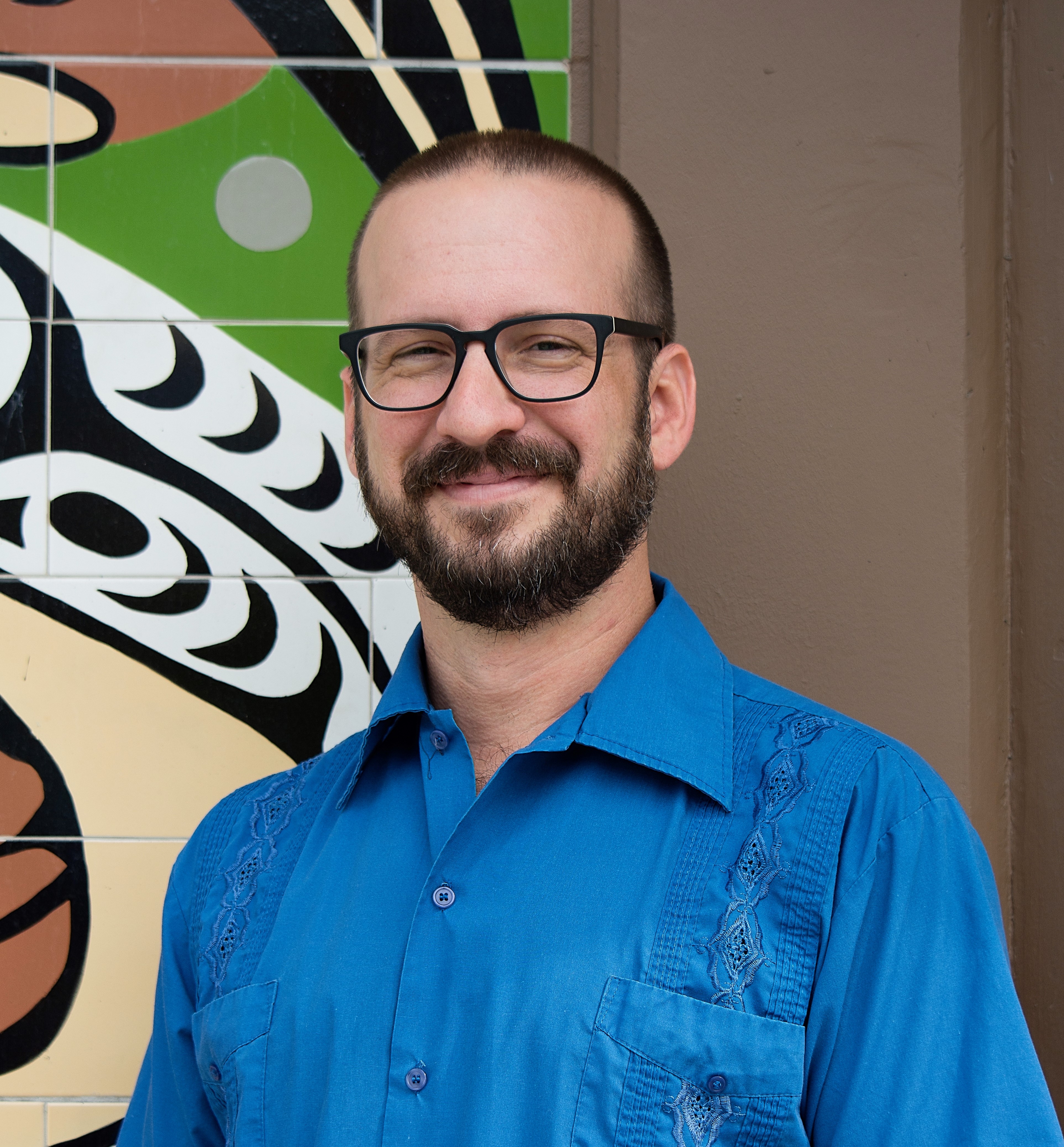
His early research examined the intersections between racism, colonialism, and residential segregation in Puerto Rico’s public housing projects. Fusté is currently drafting a book manuscript titled Entangled Crossings: Afro-Latino Migrations Between Race and Empire in which he explores the role that US imperialism played in producing solidarities but also in cementing political wedges between afro-descended Latinxs from the Hispanophone Caribbean and Black Americans between the early 1900s and the 1960s. Fusté is also writing a series of research articles—the first of which recently appeared in the Radical History Review—about the under-acknowledged legal, geostrategic, political, and economic interrelationships between Puerto Rico and other spaces of “concentrated US colonialism”.
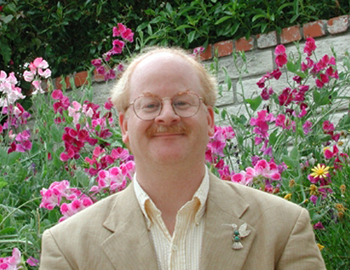
Frank is an expert on northern Mexico during the colonial and early national period, and on Native American history and culture.

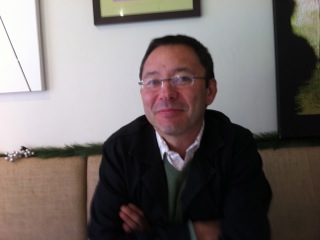
I’m a product of California public education, first in the schools of the Central Valley and ultimately in the University of California. I’ve previously taught at the University of Chicago, the University of California at Santa Cruz, and the University of Southern California. I’m the former editor of American Quarterly, the official journal of the American Studies Association (ASA); past-President of the ASA; and Chair of the Ethnic Studies Department (2012-2016).
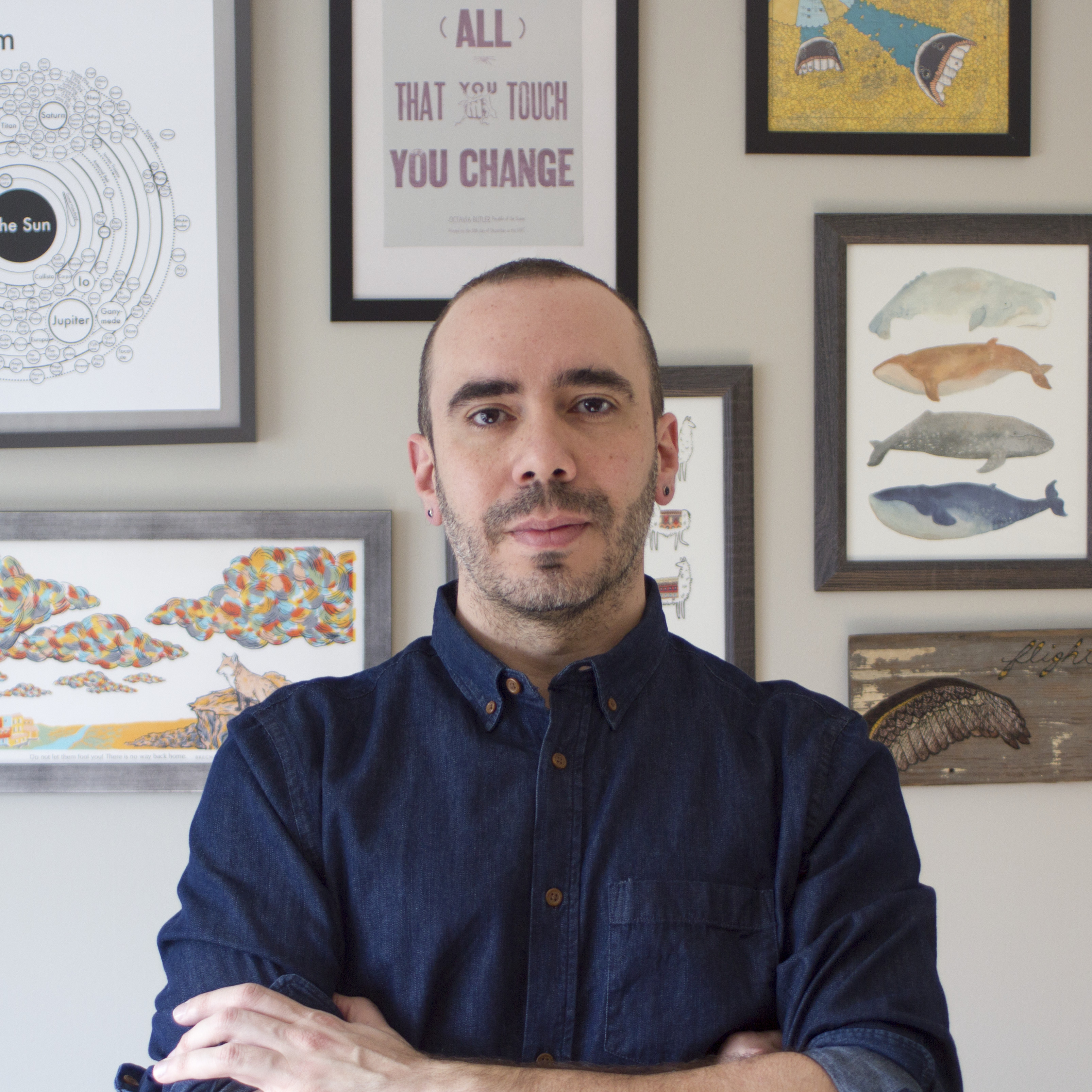
His published work and his teaching focus on gender, sexuality, and race in Latinx literary and visual culture, with special attention to cross-cultural collaborations in Latinx writing, performance, and activism.
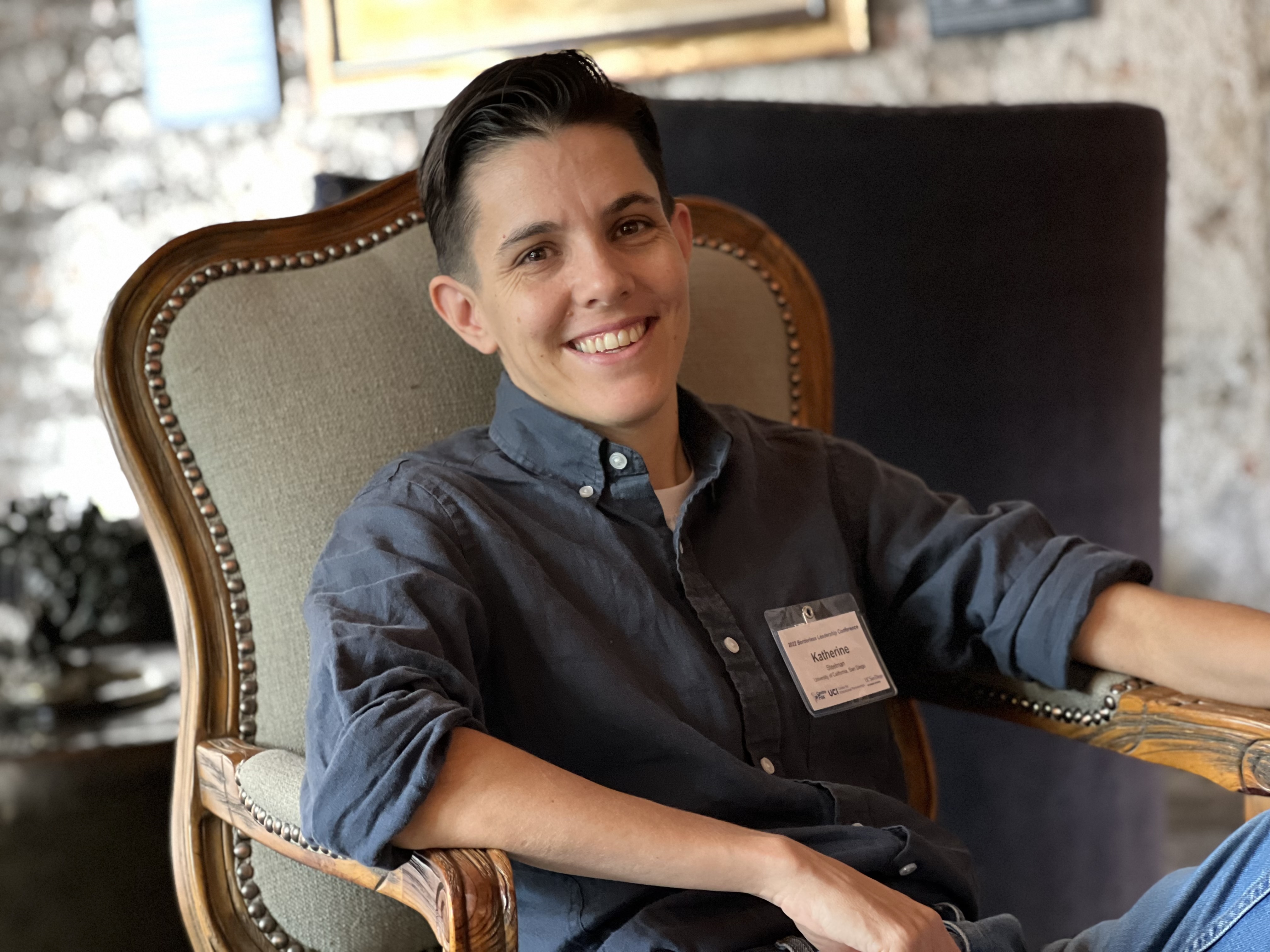
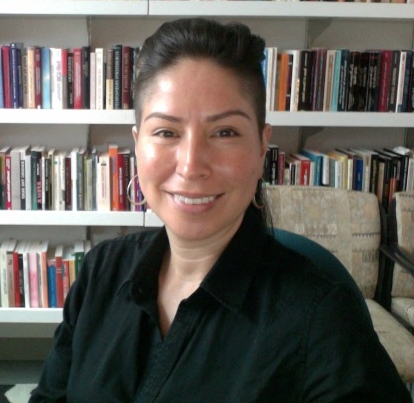
Daphne V. Taylor-García’s research interests are colonialisms in the Americas; the coloniality of gender, sexuality and being; the visual economies of the casta system and plantation slavery; and contemporary decolonial analysis and politics.

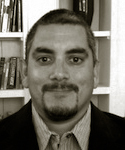
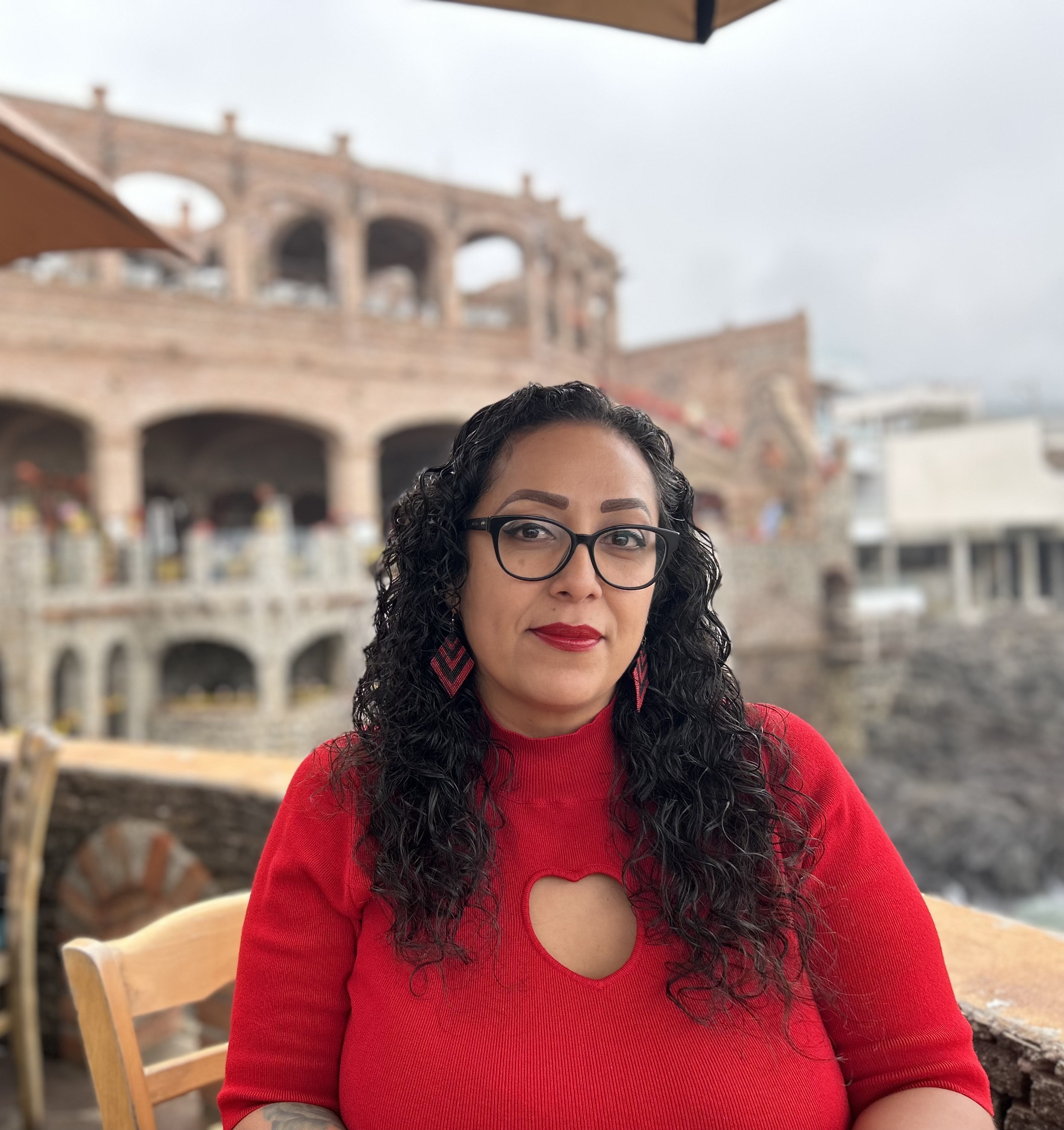
Rosie C. Bermudez is a Chicana social historian of the twentieth-century United States and an interdisciplinary scholar of Chicana and Chicano Studies and Feminist and Women’s Studies. She received her PhD in Chicana and Chicano Studies at the University of California, Santa Barbara in 2019. Her dissertation research was supported by the Ford Foundation, the Woodrow Wilson National Fellowship Foundation, and the University of California Institute for Mexico and the United States. Her journey through the academy began at East Los Angeles College and prior to joining the faculty at UC San Diego she was a UC President’s Postdoctoral Fellow at UCLA in the department of History (2019-2021).
Her research and teaching interests include twentieth-century Chicana and Latina history, women of color feminisms, twentieth-century social movements, race and ethnicity, grassroots activism, history of Los Angeles, women’s history, and oral history.
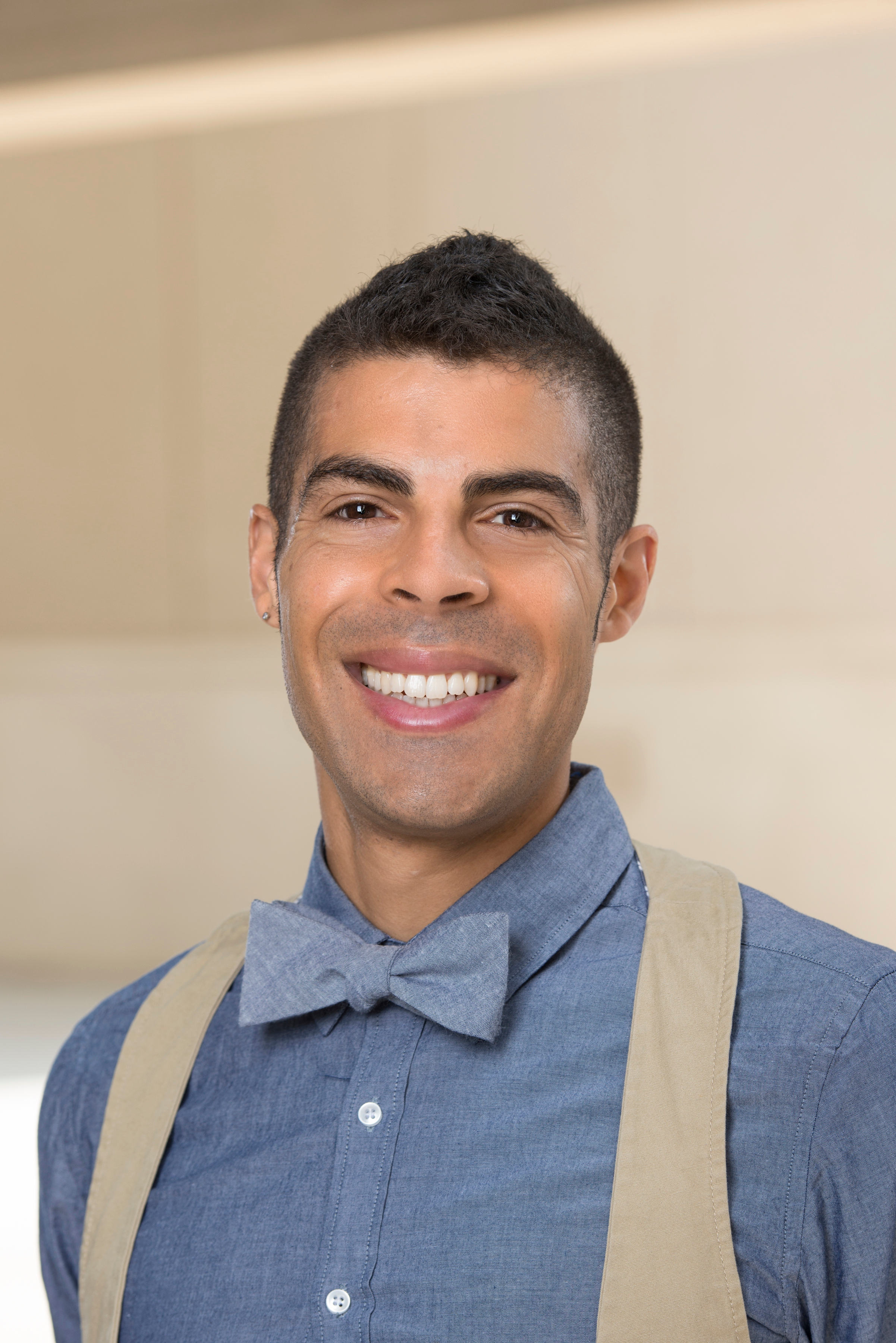
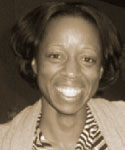
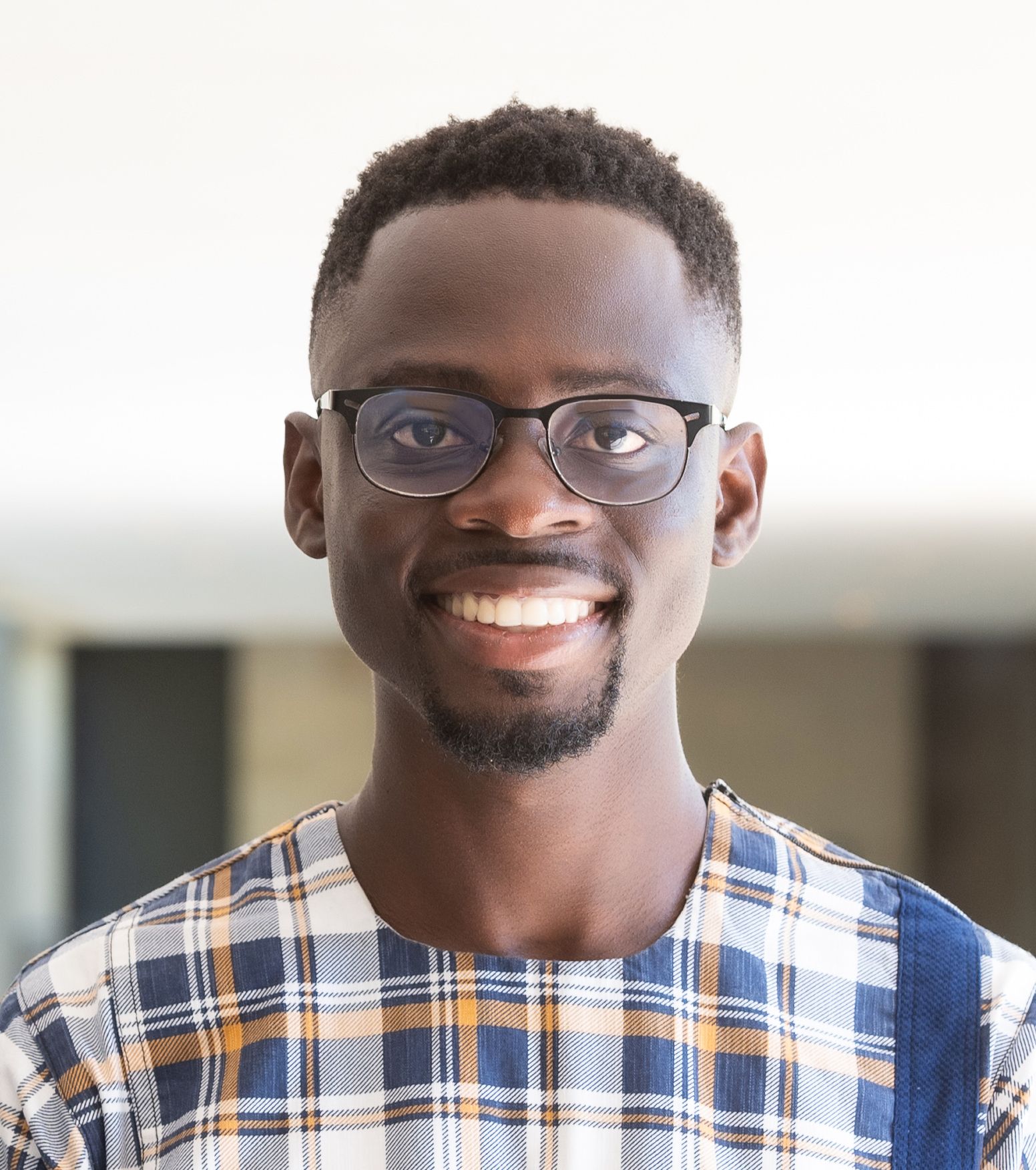
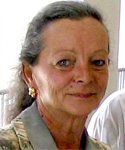
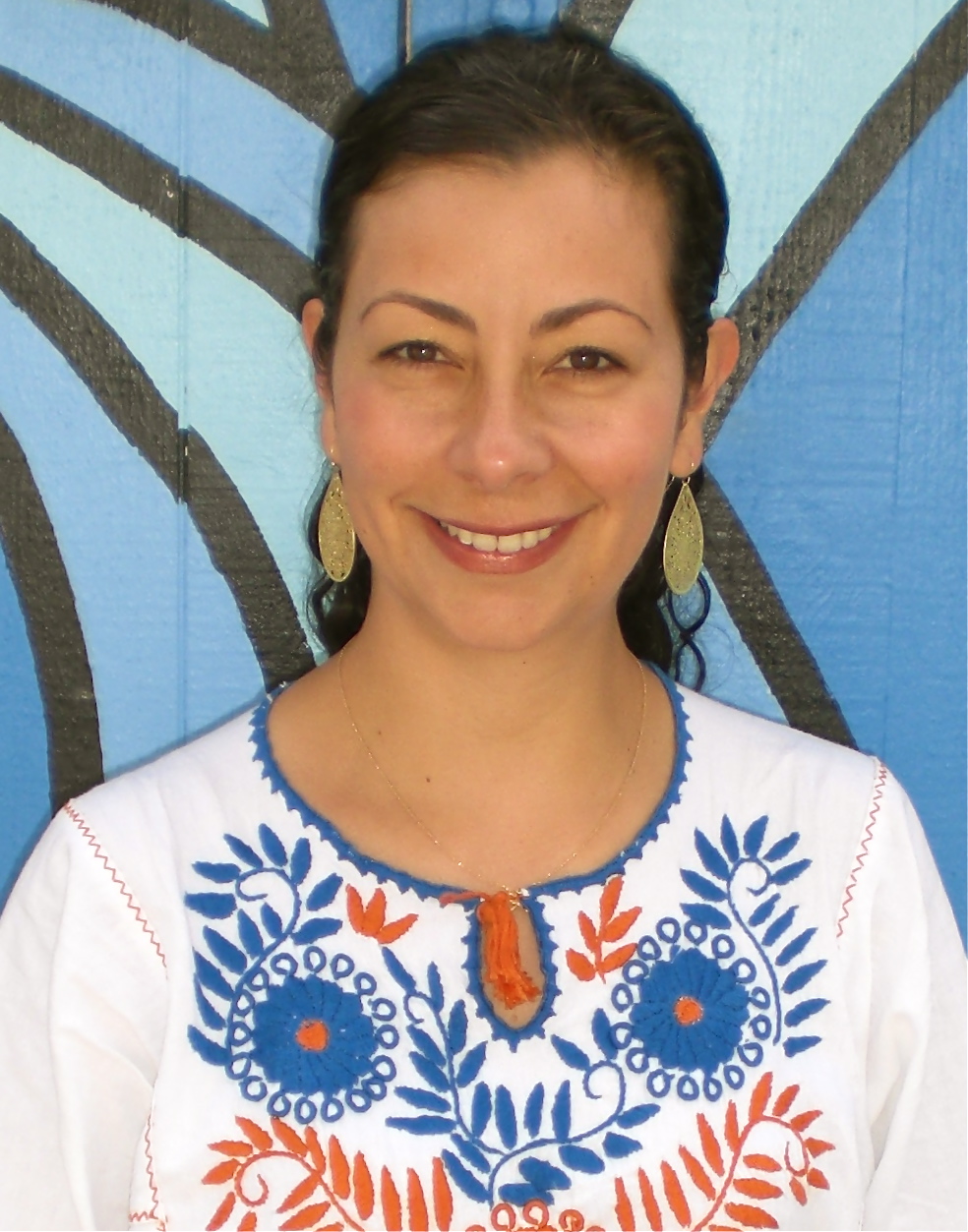
Professor Martínez-Matsuda's teaching fields of interest and expertise include: U.S. Modern Social and Cultural History, Labor and Working-Class History, the Great Depression and the New Deal, the War on Poverty, Immigration/Migration History, Latinx Studies, U.S.-Mexico Borderlands Studies, and Comparative Race and Ethnic Studies.
Before joining the faculty at UC San Diego, Martínez-Matsuda taught for over ten years at Cornell University’s school of Industrial Labor Relations in the department of Labor Relations, Law, and History. At Cornell, she was also a member of the Graduate Faculty in the fields of American Studies, Latin American Studies, Latinx Studies, and Asian American Studies. She has received numerous teaching awards, including the 2021 SUNY Chancellor’s Award for Excellence in Teaching.
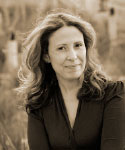
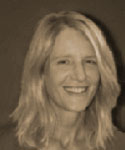
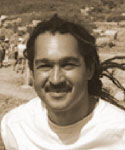
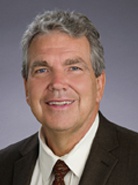
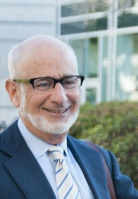
Research Fields: Cuba, Latin America, U.S. foreign policy, multilateral institutions, trade and investment, globalization, democratization, non-governmental organizations.
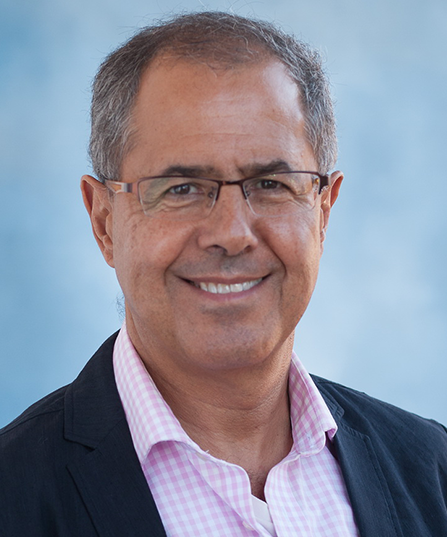
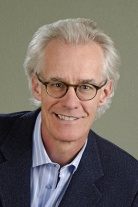
Professor Haggard's research interests center on the international relations and comparative political economy of East Asia and Latin America.
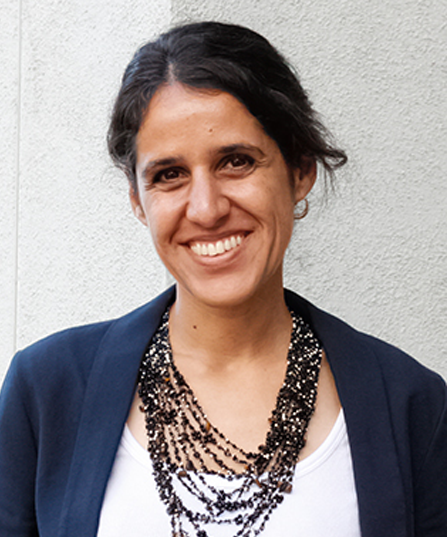
Research Fields: political economy, comparative politics, education systems, labor market institutions, state capacity, applied econometrics, historical research methods, politics of policymaking in Latin America and the U.S.

Ms. Pedregal teaches content-oriented, Spanish language courses at advanced levels. Past course themes have included technology and science; international politics and economics; business and maquiladoras; and, environmental policy.
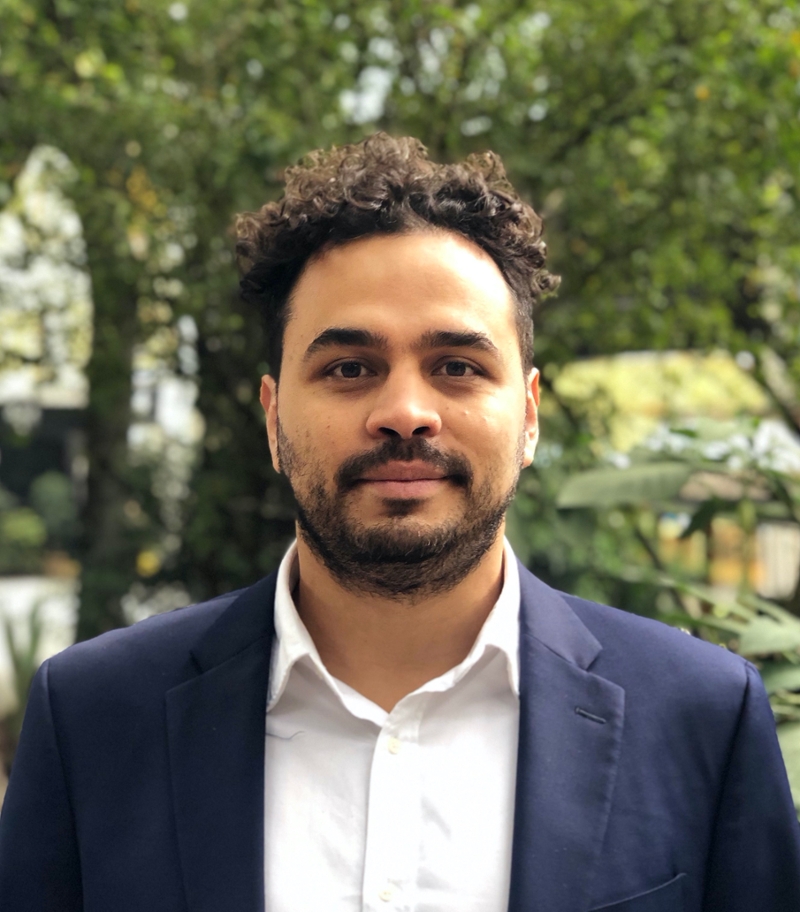
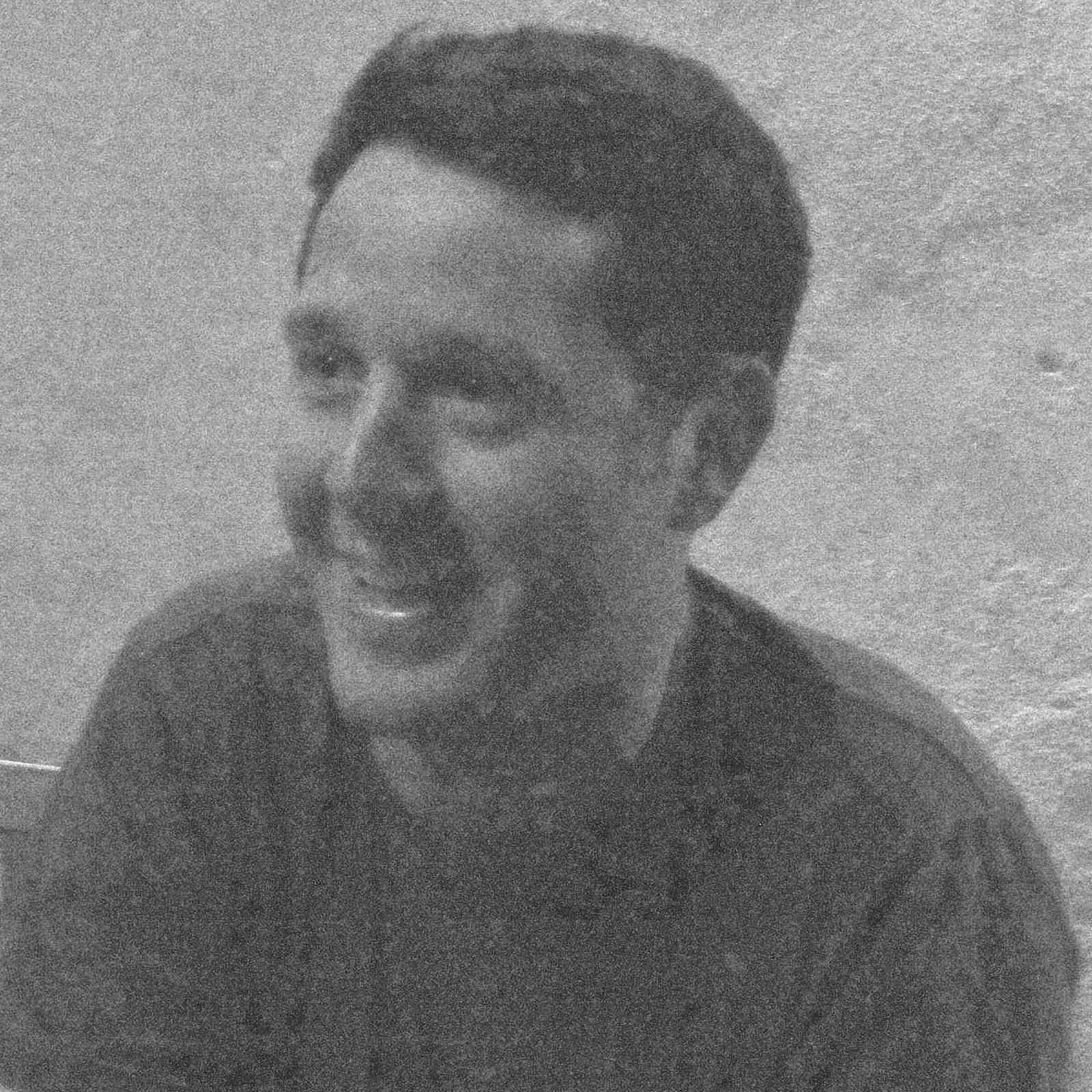
Bakovic is an expert on the sound patterns of the Spanish spoken in Latin American and the Iberian Peninsula.

Caballero is interested in Languages of the Americas (particularly Uto-Aztecan languages), phonology, morphology, language description and documentation, comparative/historical linguistics, typology.
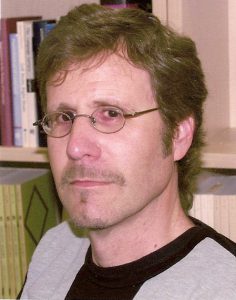
Goodall is an expert on syntactic theory, structure of Spanish, second language acquisition and methodology of language teaching.
Moore's research interests include Spanish syntax, causative and restructuring constructions, and lexical semantics.
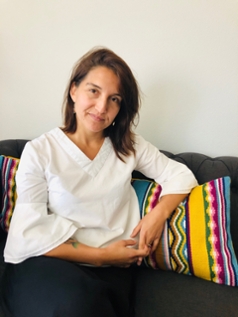
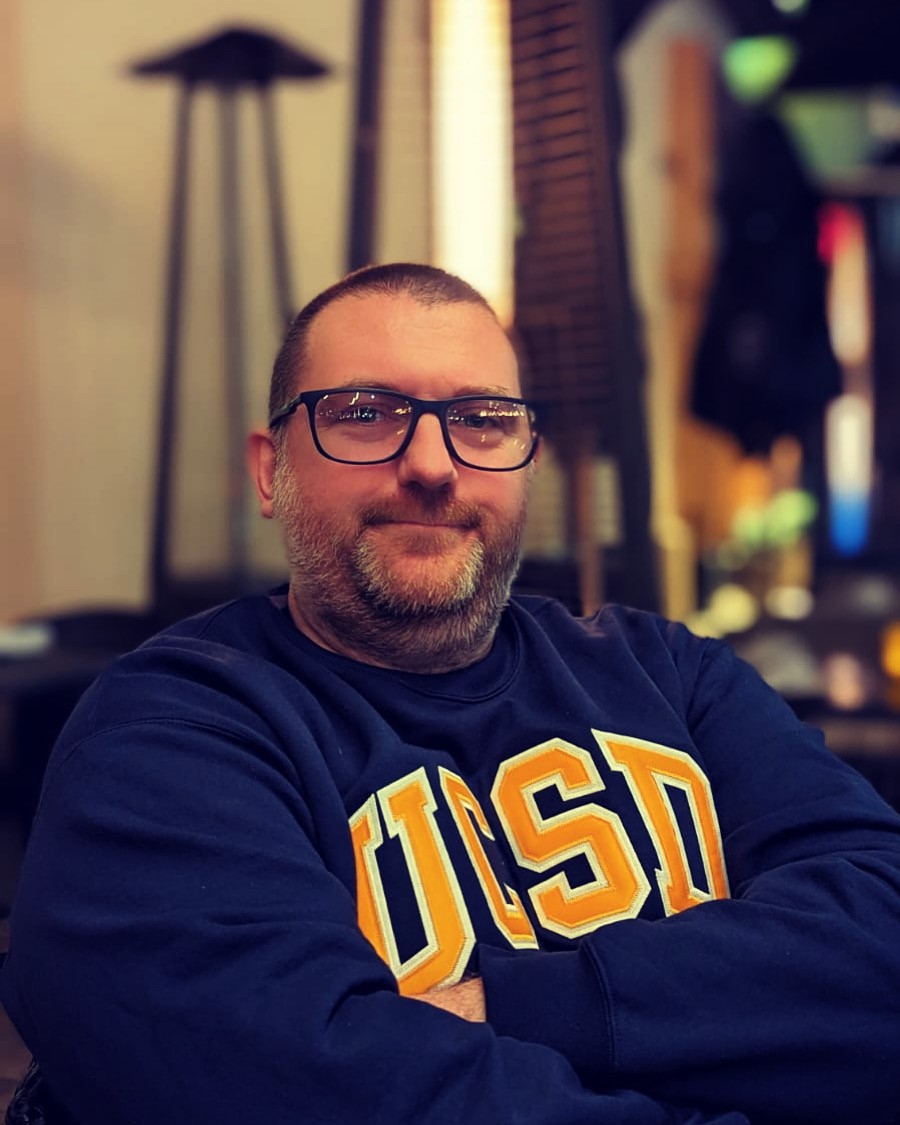
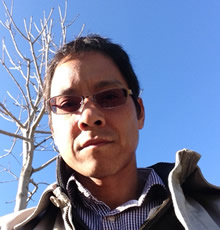
Blanco is an expert on Filipino Literature, 19th century Latin American and Caribbean Literature, and Anti-Colonial Thought.
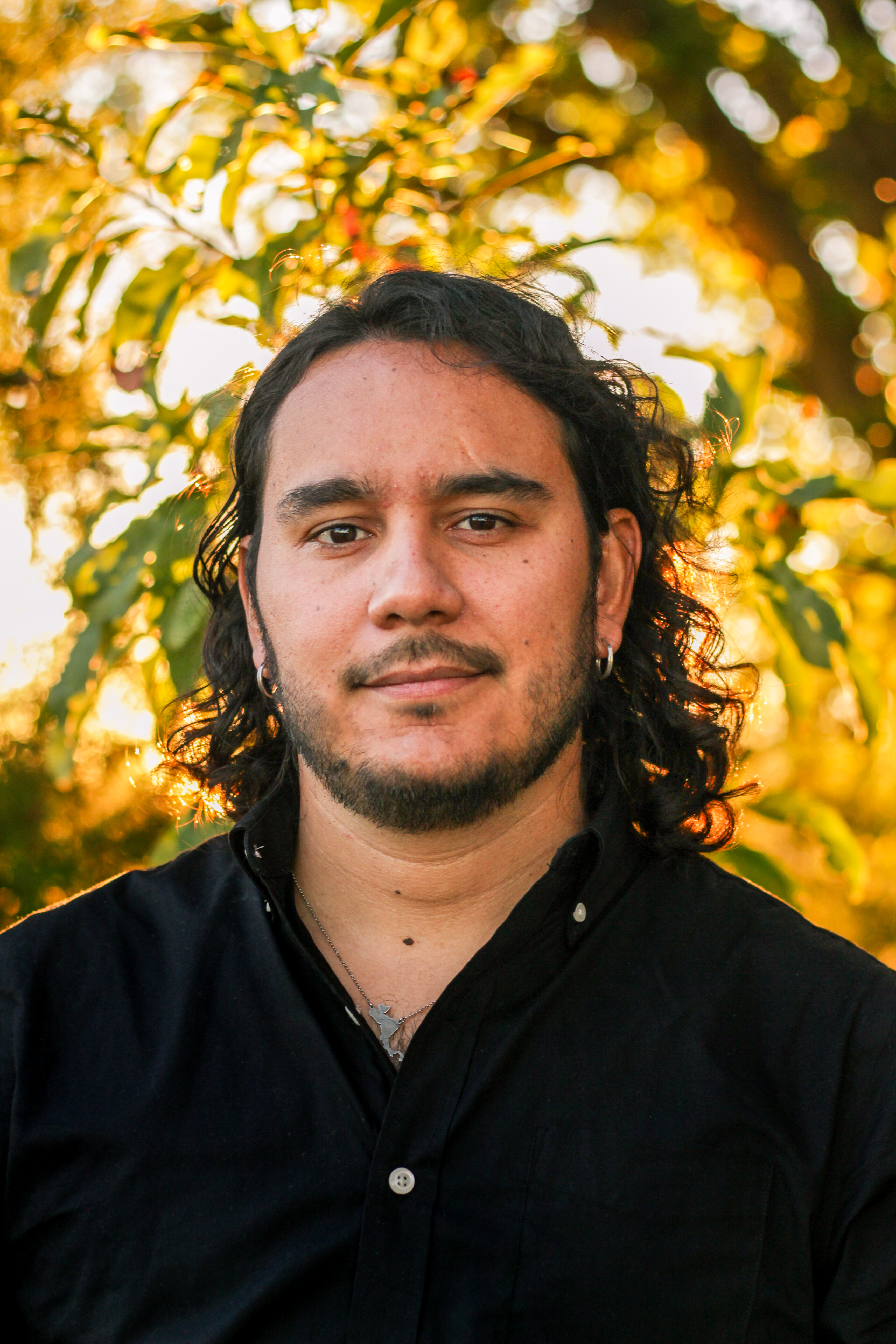
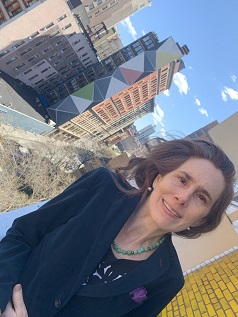
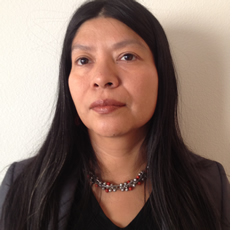
Chacon's interests lay in Indigenous literatures of the Americas; Chican/Latin literary and cultural movements; Central American poetics and politics; US Central Americans; Latin American literary and cultural theories.
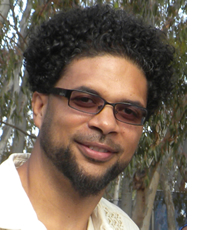

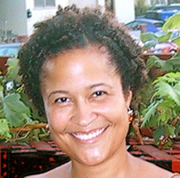
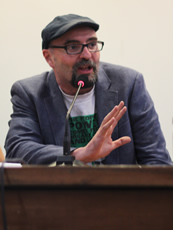
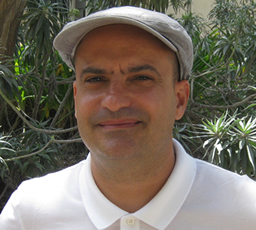
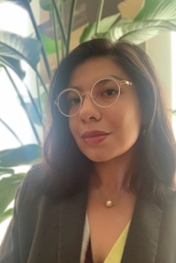
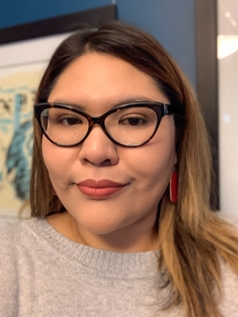
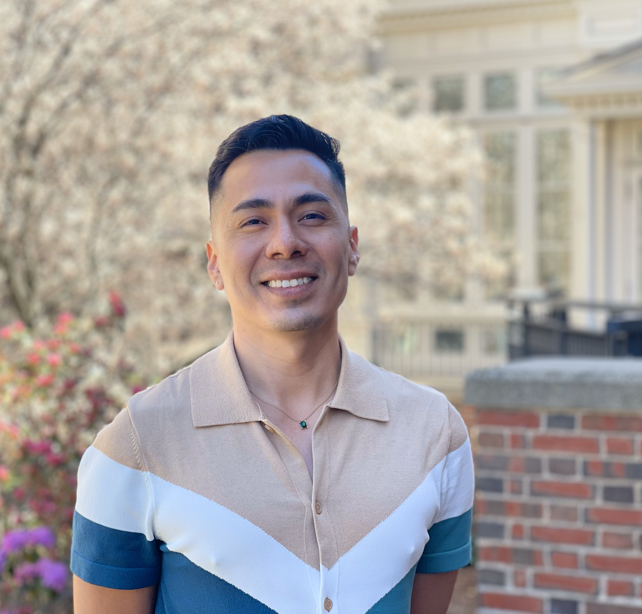
Jorge Sánchez Cruz is a scholar of 19th to 21st century Latin American literature, culture, and thought, with an emphasis on Mexico. Their research shows how aesthetic creations by Indigenous, queer, trans*, and undocumented subjects reflect and are grounded in the racial and gendered paradigms shaped by the afterlives of slavery and colonization. Gender and sexuality studies, continental philosophy, Indigenous studies, queer theory, and decolonial thought contour their pedagogy and research inquiries.
Their current manuscript, Aesthetics of Repair: AIDS, Race, and Sexual Politics in the Americas, explores literature and visual culture in 1980s and 1990s Mexico and Chile. This book is embedded in the reparative turn. It probes that if often the AIDS pandemic has been seen through loss, death, and disappearance, it too can be reimagined through affirmative worldly inhabitations— like joy, intimacy, and community praxes—enacted by racialized sexual dissidents as enduring strategies in sight of catastrophe.
Their work has appeared and is forthcoming in Social Text, TSQ: Transgender Studies Quarterly, the Journal of Latin American Cultural Studies, La Ventana: Revista de Estudios de Género, Harvard’s Review of Latin America, Mester, ASAP/Journal, among other venues. They are the co-editor of the forthcoming book Teoría Queer/Cuir en México (Editorial Signos) and translator of Nestor Perlongher’s The Specter of AIDS (forthcoming with Punctum Books).
Sánchez Cruz is also working a second project that investigates the re-actualization of colonialism and coloniality in the Mexican South, with attention to the Coastal Region of Oaxaca. Developments of this project have appeared in Harvard’s Review of Latin America and forthcoming as “Apuntes para un giro queer decolonial” in Teoría Queer/Cuir en México.
Their research and teaching have been funded by the Andrew W. Mellon Foundation, the American Council of Learned Societies (ACLS), UPenn’s Center for Research in Feminist, Queer, and Transgender Studies, The David Rockefeller Center for Latin American Studies, and two times by Harvard University’s Provostial Fund for the Arts and the Humanities.
Before UCSD, Sánchez Cruz held academic appointments at Harvard, the University of Pennsylvania, and Northwestern University.
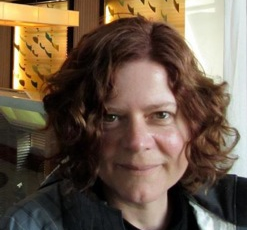
Streeby works in the interdisciplinary fields of American Studies and Ethnic Studies, with a specialization in U.S. literary, cultural, and historical studies through the early 20th century. Her teaching and research interests include 19th and 20th century U.S. Literature and Culture; Chicana/o and Latina/o Studies; The Cultures of Sentiment and Sensation; Comparative Colonialisms, War, and Cultural Memory; Gender Studies and Queer Theory; Film, Media, and Visual Culture; Transnational Literatures and Movements; and Fantasy, SF, and Speculative Fiction. In 2006, she received the Chancellor’s Associates Award for Excellence in Graduate Teaching. She is Associate Editor of American Quarterly: The Journal of American Studies Association and serves on the editorial board of Literature Compass.
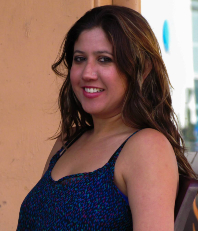
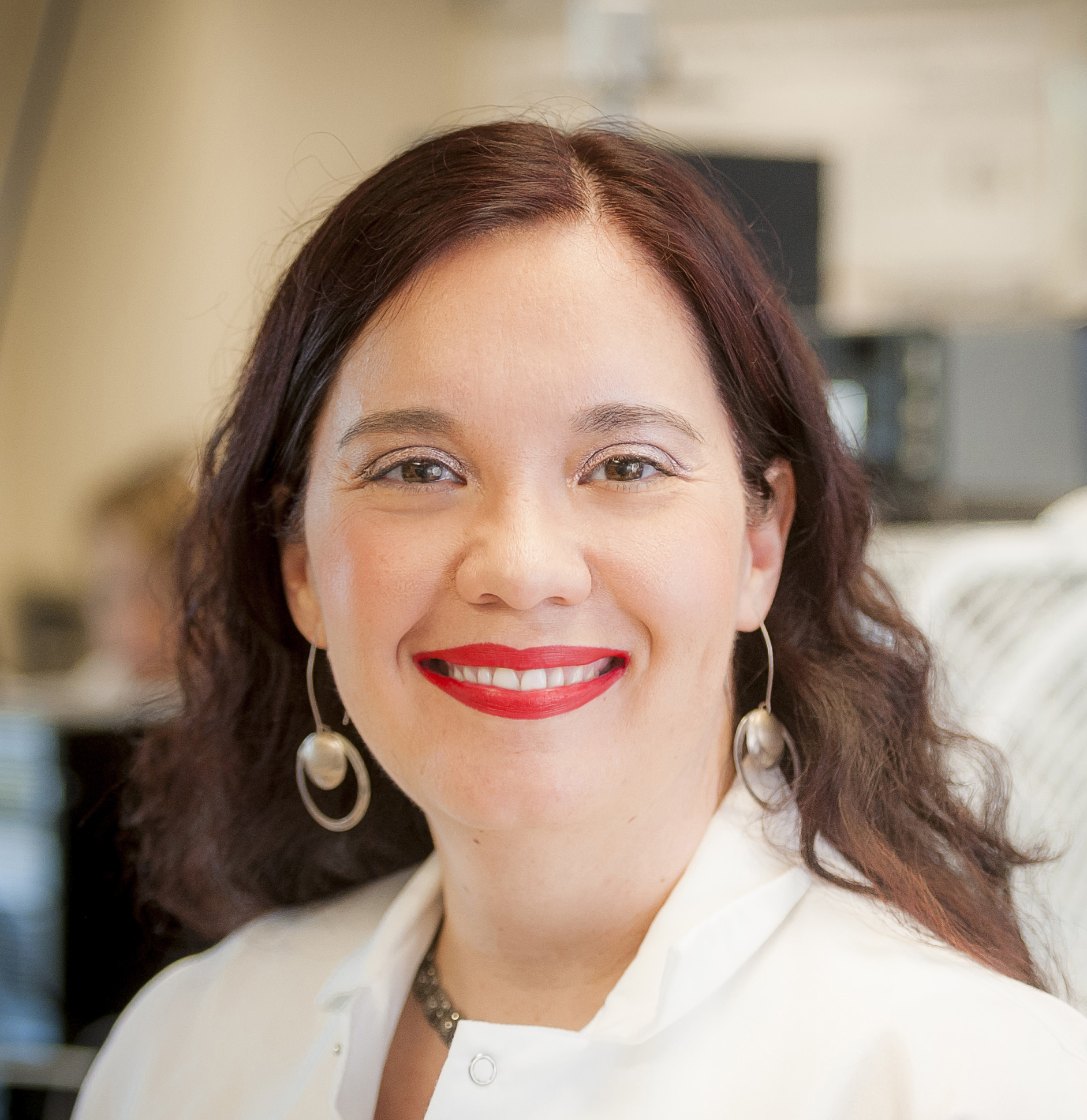
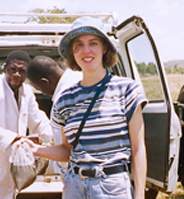
Brouwer's research interests includes infectious disease epidemiology, geographic information systems, and migrant health.
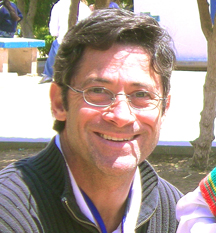
Garfein is an expert on behavioral transmission of blood borne viral infections, including HIV, HBV.
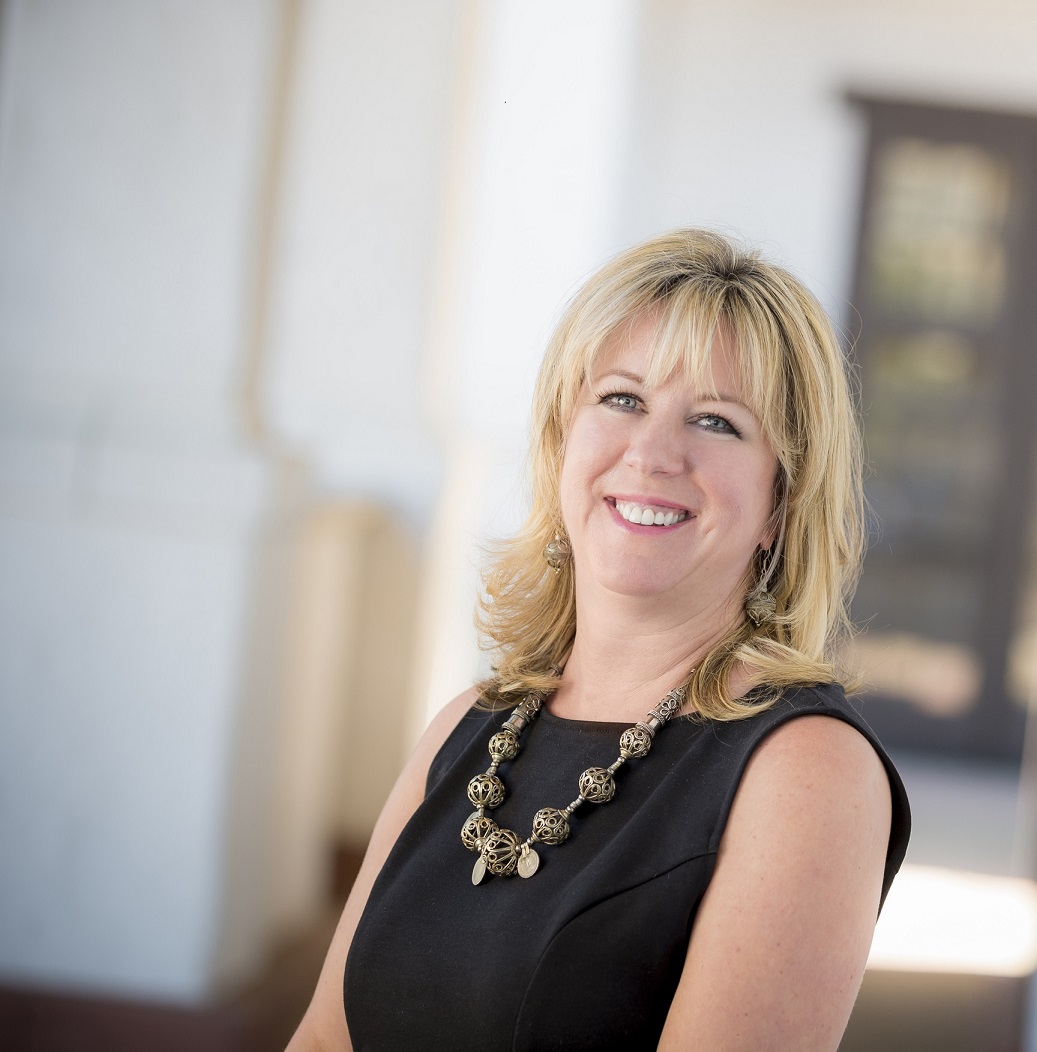
Strathdee is an expert in epidemiology, infectious diseases and border health.
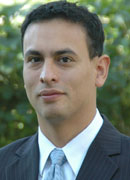
His primary interest is in understanding the role of environmental pollutants and oxidative stress on human development and chronic disease.
He is the principal investigator of the Secondary Pesticide Exposure on Infants, Children and Adolescents study (ESPINA – Estudio de la Exposicion Secundaria a Plaguicidas en Infantes, Niños y Adolescentes). The ESPINA study had the objective of understanding the associations between chronic, sub-clinical exposures to pesticides and physiological and neurobehavioral development alterations among children living in agricultural (floricultural) communities in Pedro Moncayo County, Ecuador.
His recent work has focused on examining the associations between persistent organic pollutants and alterations in glucose metabolism, obesity and subclinical heart disease in middle age adults.
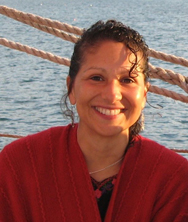
Zuniga is an expert on behavioral, epidemiology, community based research and HIV/AIDS health care service.
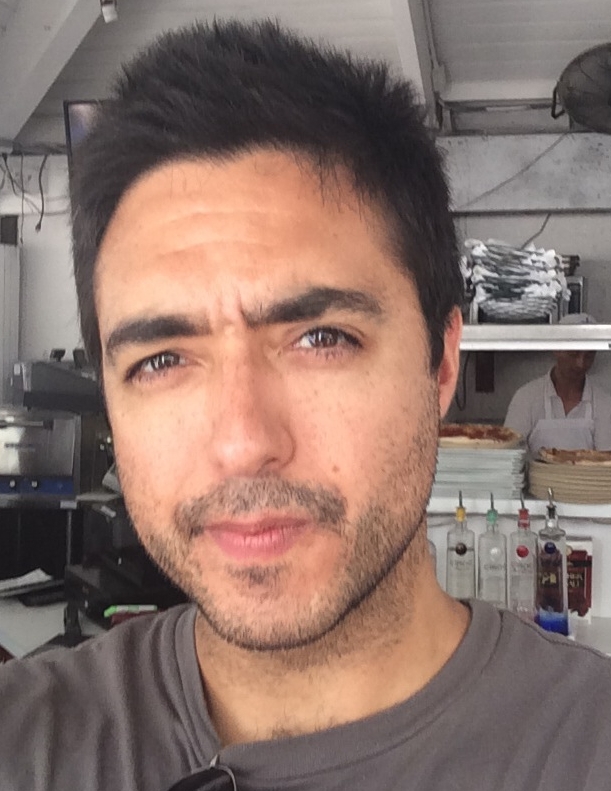
History of modern European philosophy, with focuses on Kant and German Idealism, early analytic philosophy, phenomenology, philosophical psychology, critical theory and the philosophy of culture (incl aesthetics); the reception-history of European philosophy in the Americas (esp the US and Mexico); Mexican philosophy.
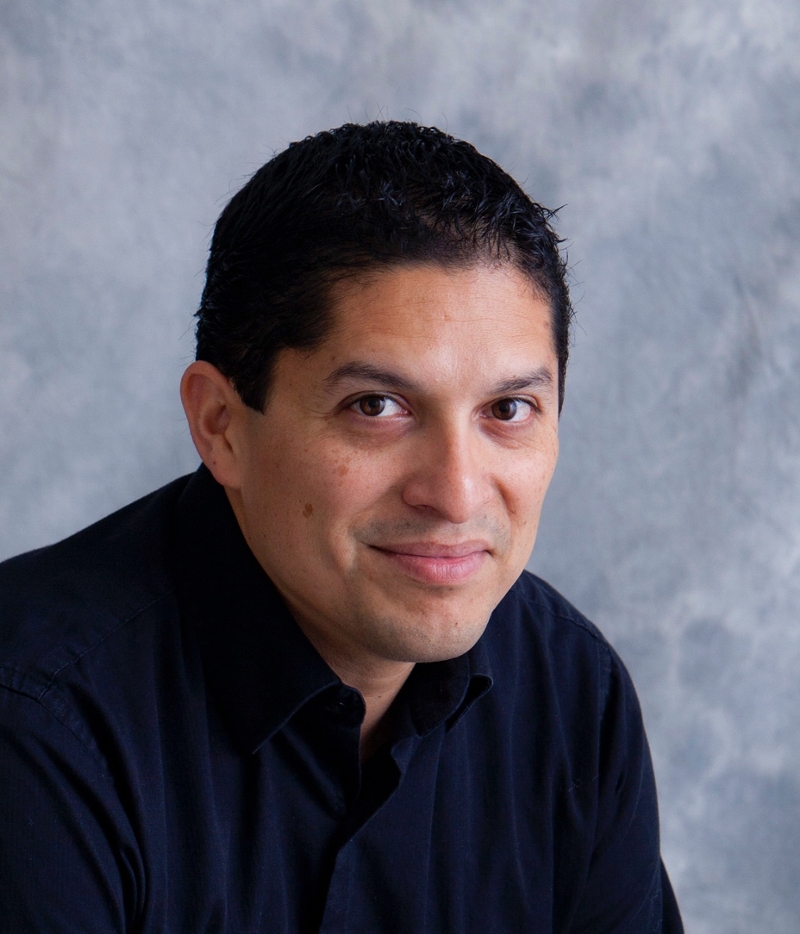
Professor Vargas specializes in moral psychology, free will, and Latin American philosophy.
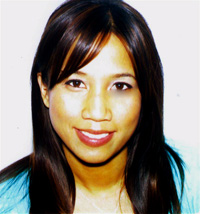
Abrajano is an expert on campaigns and elections, political behavior, Latino politics, and race and politics in the United States.
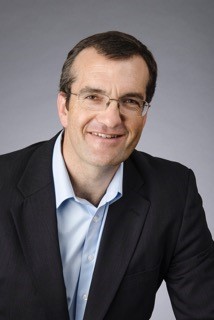
Scott Deposato is an expert on area comparative politics, especially political parties, legislatures, and elections.
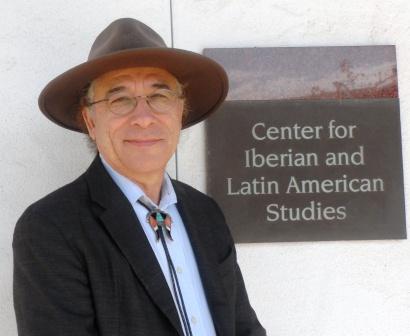
Mares' research interests include international security, international political economy and Latin American civil-military relations.
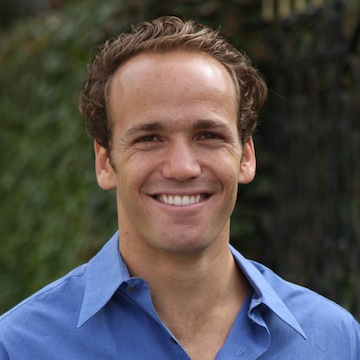
His research explores the political voice of poor and marginalized populations in emerging democracies, with central reference to Latin America. He examines how politicians offer material benefits to the poor in exchange for political support, and investigates how individuals' vote choices affect subsequent access to services. Nichter has published articles in the American Political Science Review, Comparative Political Studies, Review of Economics and Statistics, and World Development.

Saiegh's research focuses on comparative politics, political economy and institutions.

His research focuses on the politics of immigration, citizenship, and migrant "illegality." As these issues have far-reaching implications, his work also explores the links between immigration, race and ethnicity, and the politics of identity.
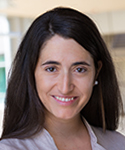
Marta Serra-Garcia conducts research in behavioral and experimental economics. Her research focuses on the importance of morals and social norms in economic decision-making. She studies (1) how individuals preserve their identity as moral and generous when there is an incentive to behave unethically or selfishly, (2) how the desire to conform to others affects risk taking, and (3) the impact of incentives to defect on the formation of long-term trust relationships. She also studies the determinants of mistakes in economic decision-making, focusing on the role of complexity and financial education. Serra-Garcia has been published in numerous journals including the Journal of the European Economic Association, Management Science and Games and Economic Behavior.
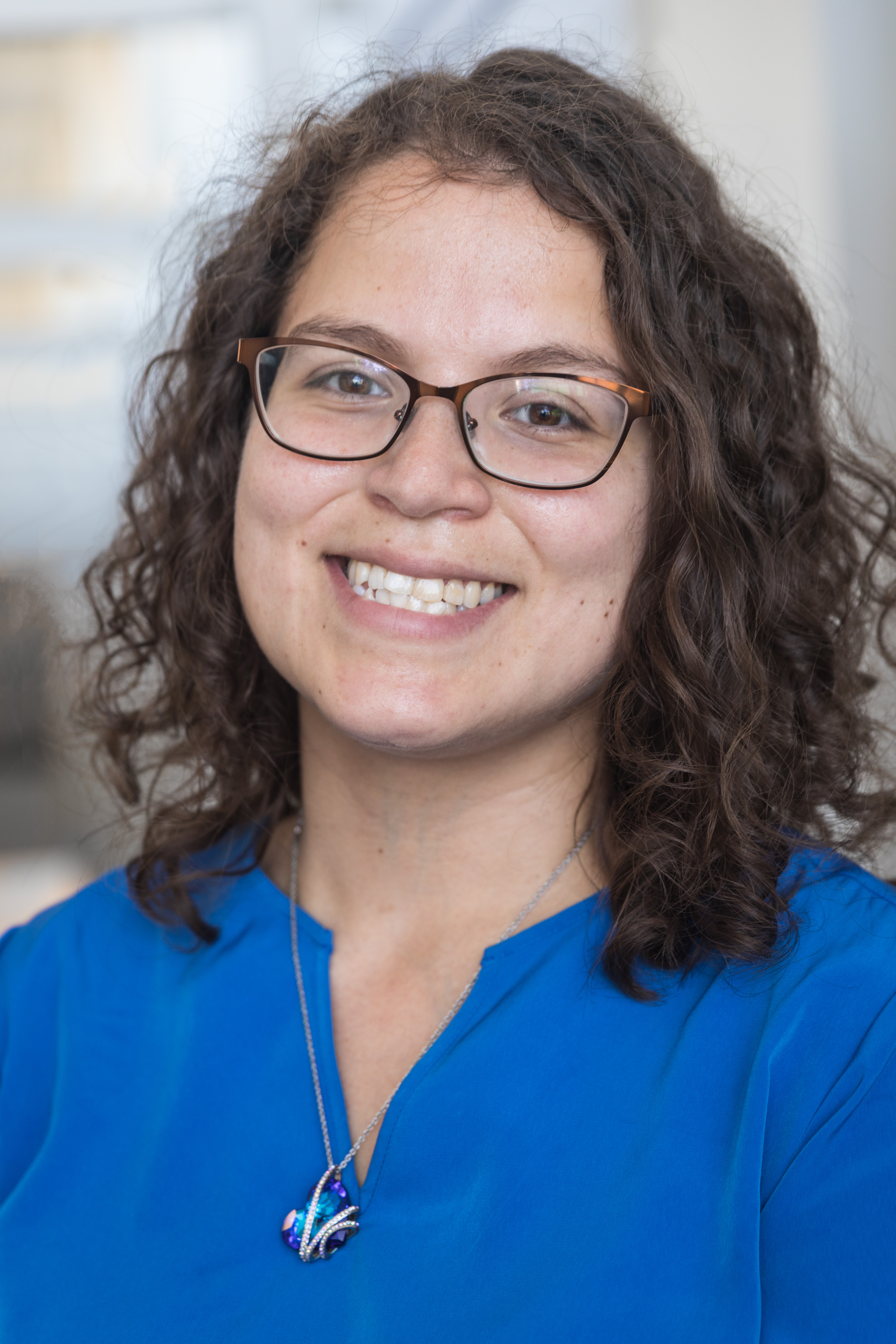
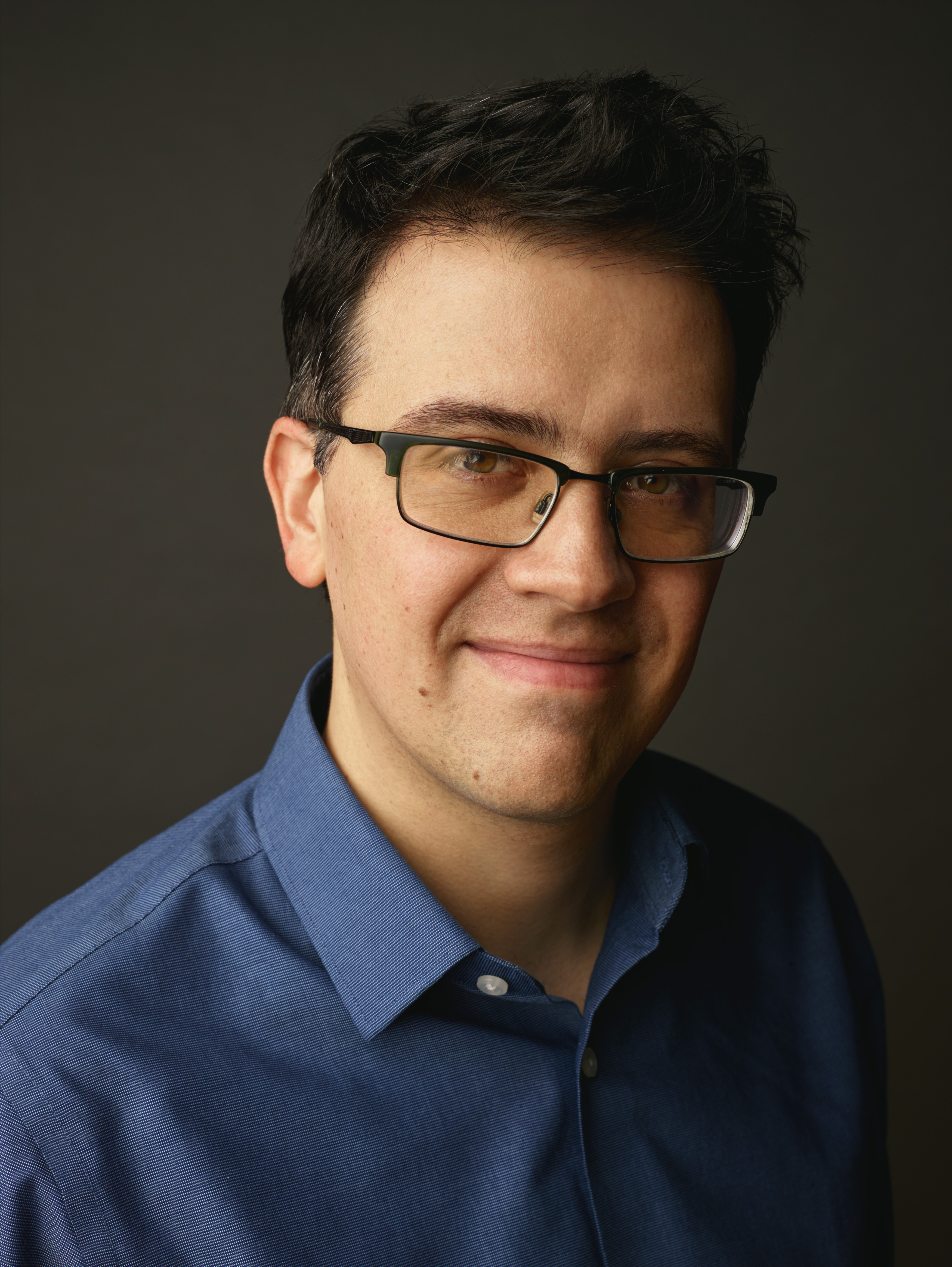
Michel Estefan received a BA in international relations and a MA in human rights from Universidad Iberoamericana (Mexico City). He received a MA in Latin American studies and a MA and PhD in sociology from the University of California, Berkeley. He is a political sociologist that studies the rule of law from a comparative and historical perspective and a committed teacher with a practice and research focus on inclusive and equitable pedagogy. His first book, Feeling Like Equals: A Gramscian Reading of the Historical Origins and Development of Human Rights was published in Spanish by Universidad Iberoamericana Press (2015). His current work in political sociology uses the empirical cases of twentieth century Spain and Mexico to unearth the authoritarian foundations of the rule of law.
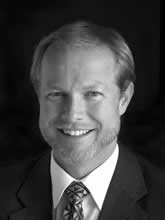
Professor, Gildred Chair in U.S.-Mexican Relations and Co-Director, Center for Comparative Immigration Studies. PhD UCLA 2005. Law and society, international migration, political sociology, nationalism and ethnicity, comparative-historical and ethnographic methodology.
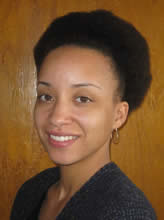
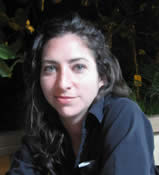
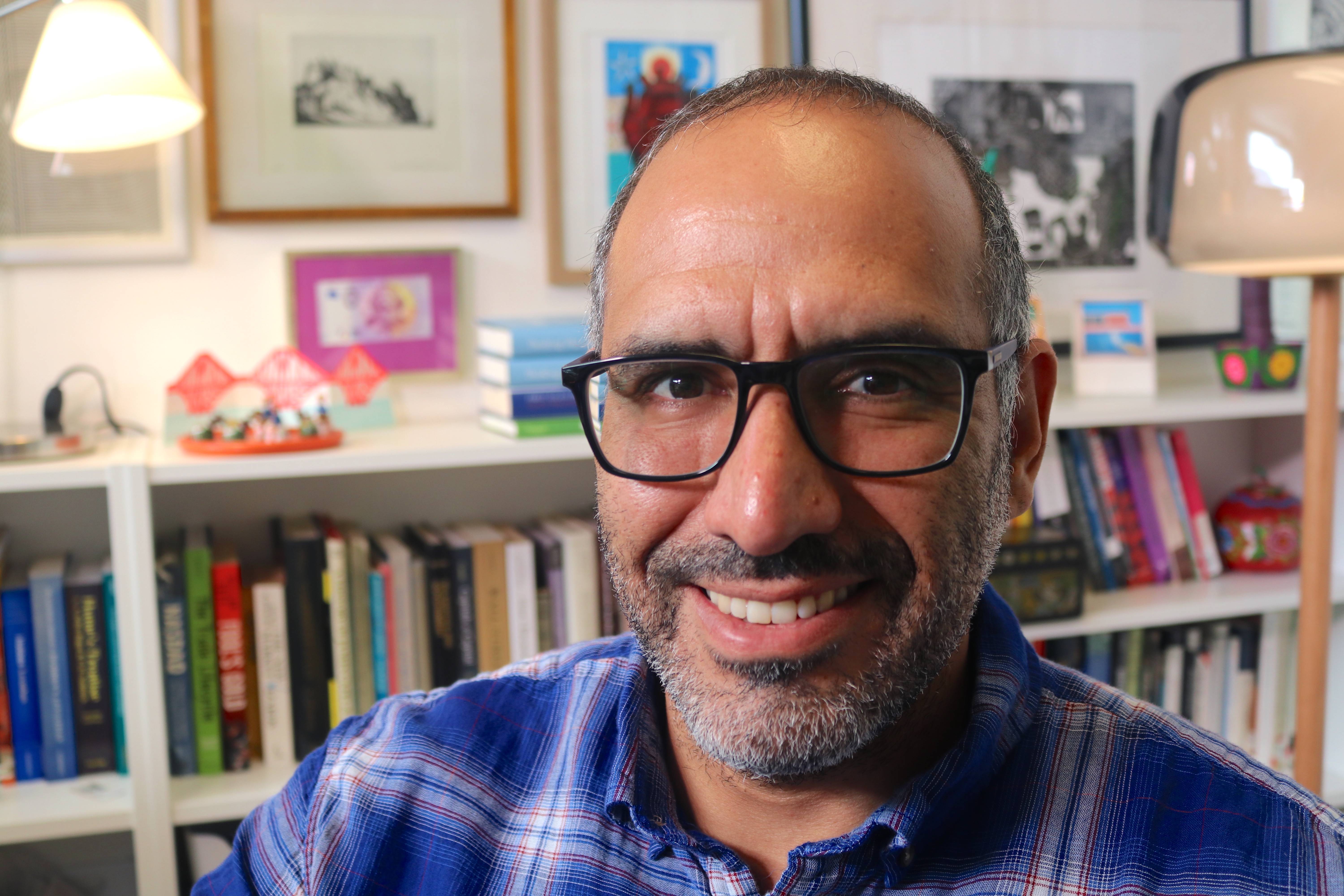
Juan Pablo Pardo-Guerra is an Associate Professor in sociology at the University of California, San Diego, a founding faculty member of the Halicioğlu Data Science Institute, co-founder of the Computational Social Science program at UCSD, and Associate Director of the Latin American Studies Program at UC San Diego. His research concerns markets and their location in contemporary societies with an emphasis on finance, knowledge, and organizations.
Juan Pablo was trained in physics at the Universidad Nacional Autonoma de Mexico and Science and Technology Studies at the University of Edinburgh. He has held positions at the London School of Economics and Political Science, the Museu Nacional of the Universidade Federal de Rio de Janeiro, and the University of California San Diego. Juan Pablo’s work has been published in Economy & Society, Journal of Cultural Economy, European Societies, Cultural Sociology, Theory & Society, and the British Journal of Sociology.
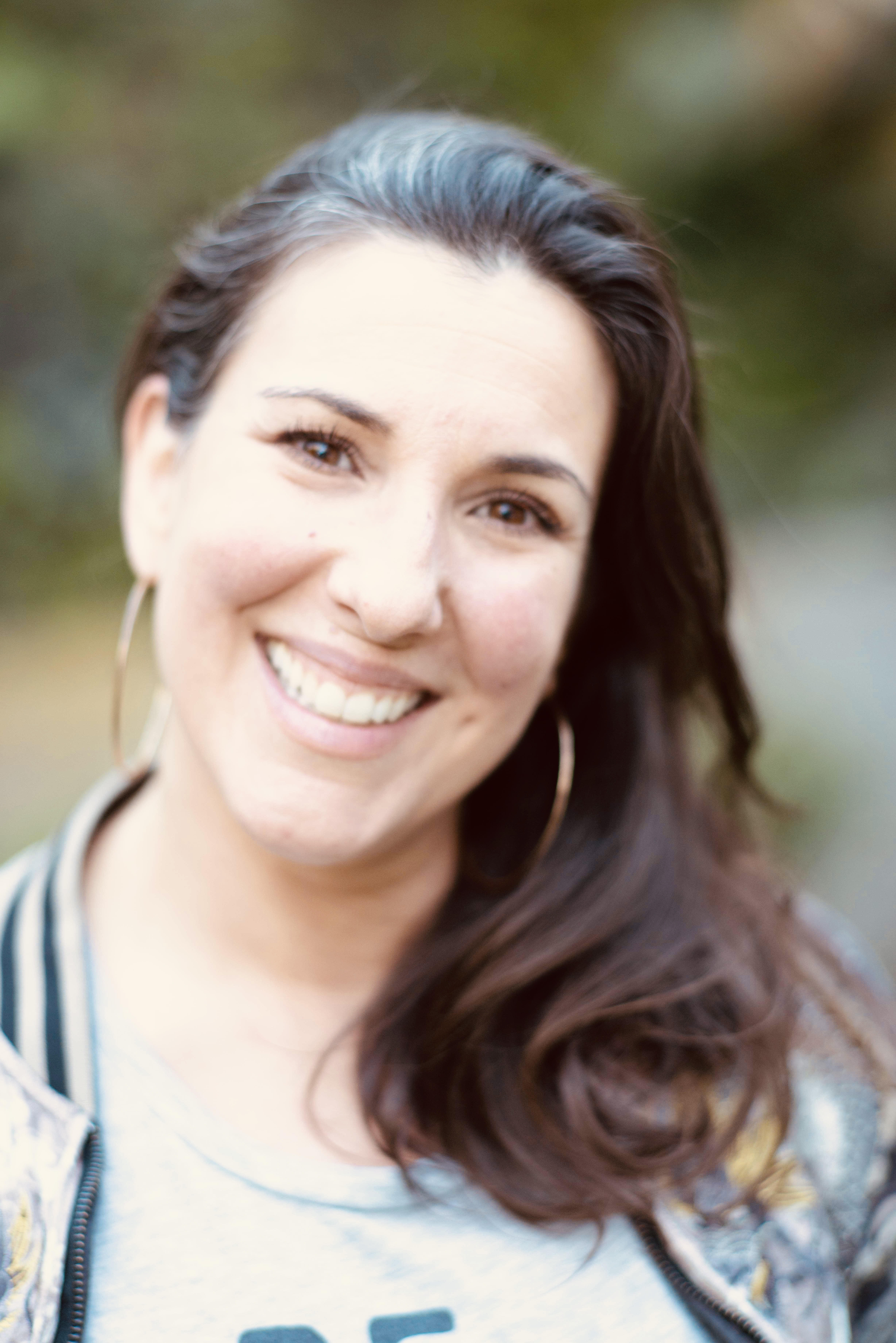
Ana María Alvarez, a 2020 Doris Duke Artist and an inaugural Dance/USA Artist Fellow, is a prolific choreographer, skilled dancer, masterful teaching artist, and movement activist who has achieved multiple accolades for her dynamic works. Her thesis work explored the abstraction of Latine dance, specifically Salsa, as a way to express social resistance as related to the U.S. immigration battle. This work became the impetus for founding CONTRA-TIEMPO Activist Dance Theater in 2005 in Los Angeles. Her most recent work with the company, ¡azúcar! was commissioned by APAP Arts Forward and NC State Live in Raleigh, NC. She will continue to work with CONTRA-TIEMPO on further developing the work as part of Jacob's Pillow, Pillow Lab, in February 2024 and will work with local dancers as part of WinterWorks 2024. After this, ¡azúcar! will be shared as part of the 20th season of Art & Power at UCSD in Spring 2024.

Robert Castro directs classics and new work across the U.S. and internationally. Credits include: The Public Theater/NYSF, New York Theatre Workshop, La Jolla Playhouse, Center Theatre Group/LA, Santa Fe Opera, Wiener Festwochen (Austria), Bolshoi Opera (Russia), Teatro Real (Spain). Served as Associate Artist: Mark Taper Forum/Center Theatre Group, Institute on the Arts and Civic Dialogue at ART/Harvard University, and El Teatro Campesino. Awards include: NEA/TCG Fellowship for Directors, TCG/Doris Duke New Generations Grant, Sherwood Award, Hellman Fellows Program. Member: New York Theatre Workshop and Lincoln Center Theater Directors Lab.
Robert Castro is the director of the Latinx Chicanx Studies program.
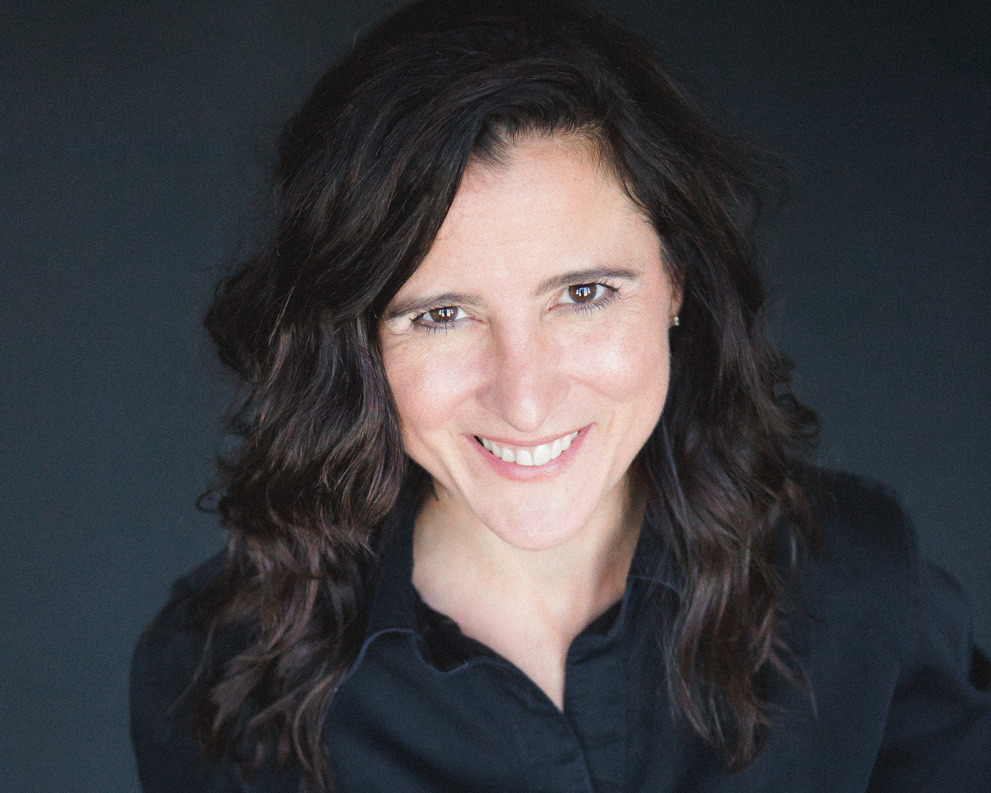
Lisa Portes is an educator, director, advocate and leader whose aim is to define and promote a new American narrative that is driven aesthetically and politically by the world we are becoming rather than the world we've been. She seeks to forge an American theatre that expands our understanding of who we are, blows open our assumptions of what our world looks like and extends us into the great, big, messy experience of being human in the 21st century.
Portes has created work regionally for California Shakespeare Theatre, the Cincinnati Playhouse, Children’s Theatre Company, the Denver Center, Guthrie Theatre, Olney Theatre, Portland Center Stage, Round House Theatre, Seattle Rep, South Coast Rep and the St. Louis Shakespeare Festival. In Chicago she has directed projects for Goodman Theatre, Northlight Theatre, Steppenwolf Theatre, Teatro Vista, Timeline Theatre and Victory Gardens. New York credits include productions at Playwrights Horizons and Soho Rep, and developmental work at New York Theatre Workshop, the Flea Theatre and the Public Theatre. Recent projects include Quixote Nuevo by Octavio Solís (Round House, Denver Center, South Coast Rep, Seattle Rep, Portland Center Stage), Twelfth Night (St. Louis Shakespeare Festival), and the world premieres of Laughs in Spanish by Alexis Scheer (Denver Center) Clean/Espejos by Christine Quintana (South Coast Rep), Rightlynd by Ike Holter (Victory Gardens), I Come from Arizona by Carlos Murillo (Children’s Theatre Company) and This Is Modern Art by Idris Goodwin & Kevin Coval (Steppenwolf Theatre).
In 2016, Portes received the SDC Zelda Fichandler Award which is dedicated to "an outstanding director or choreographer who has transformed the regional arts landscape". She is the first freelance director to have been so honored. Other awards include the TCG SPARK Leadership fellowship, the NEA/TCG Career Development grant for Directors, and the Drama League Directing Fellowship.
Portes cut her teeth at UCSD - where she received her MFA in Directing - and at the La Jolla Playhouse where she served as Assistant and then Associate Director for The Who's Tommy staging its Toronto, London, Frankfurt, US, UK and Canadian National Tours
Portes serves on the executive board of the Society of Stage Directors and Choreographers and is an alumni of the board of The Theatre Communications Group. In 2012 she co-founded the Latinx Theatre Commons (LTC), a national advocacy network and thinktank that promotes Latinx stories as central to the American story. She serves as champion for the LTC Carnaval—a tri-annual festival of new Latinx plays produced in Chicago. In June 2017, the LTC was honored by TCG with the 2017 Peter Zeisler Award for innovation in the American Theatre. Other awards include a Fulbright Award, the NEA/TCG Career Development Fellowship for Directors and the Drama League Directors Fellowship.
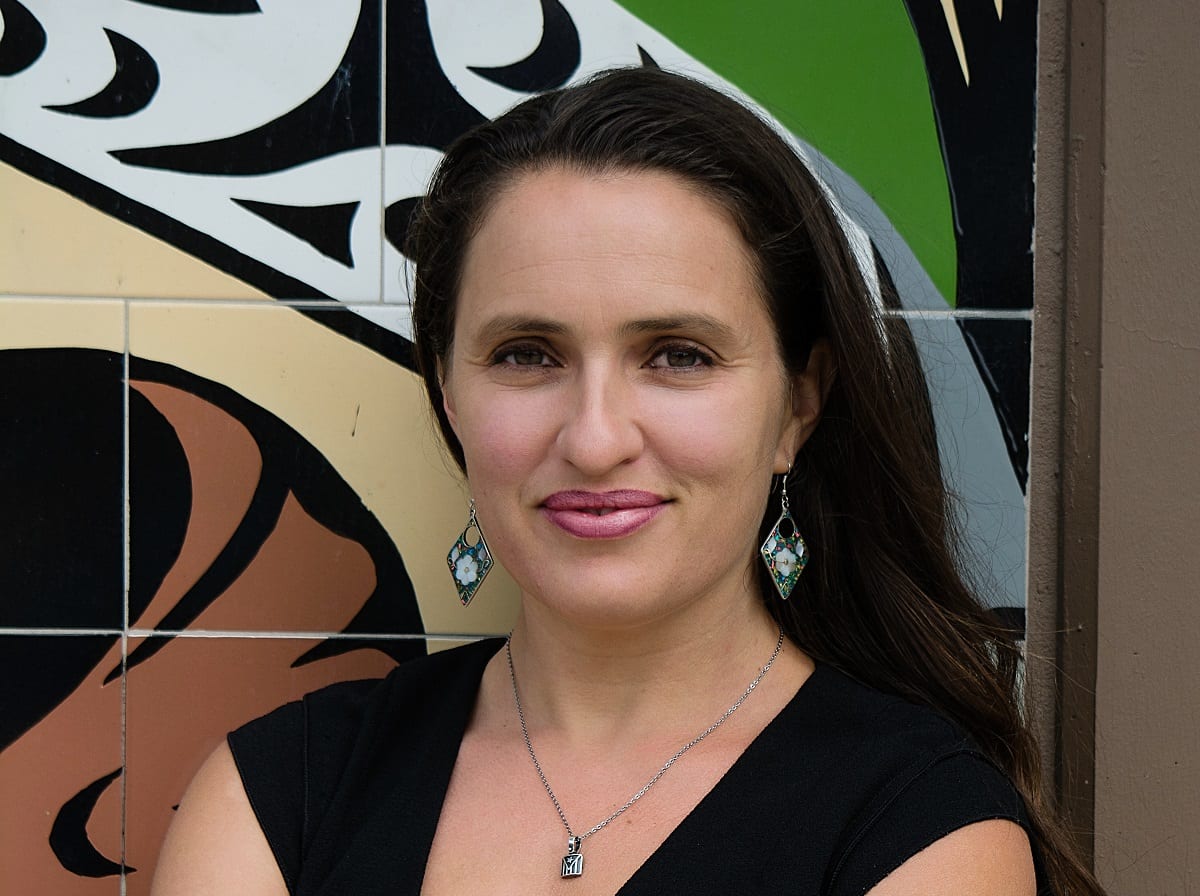
Dr. Jade Power-Sotomayor is a Cali-Rican educator, scholar and performer who works as an Assistant Professor in the Department of Theatre and Dance at UC San Diego. Engaging with discourses of embodiment and embodied practices of remembering and creating community, her work focuses on the fluid reconstitution of Latinx identity ultimately produced by doing and not simply being. Overall, she seeks to promote an in-depth engagement with Latinx performance-making as a framework for taking up the most salient issues of our time: colonialism, anti-Blackness, xenophobia, economic disparity, patriarchy and misogyny, queer and transphobia, ableism and mental health access, climate catastrophe and environmental justice. More than just including historically occulted voices as a form of ethnographic encounter, she looks to these instances of performance for what they reveal about the structures of power and social dynamics that have shaped the world we collectively share. Her research interests include: Latinx theatre and performance, dance studies, nightlife, eco-dramaturgies, epistemologies of the body, feminist of color critique, bilingualism, and intercultural performance in the Caribbean diaspora.
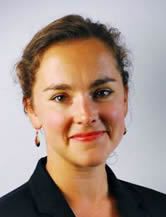
Andrews interest are in the areas of Globalization, Development, Gender, Migration, Political Sociology, Latinos / Latin America, Urban Studies, Social Theory, and Qualitative Methods.
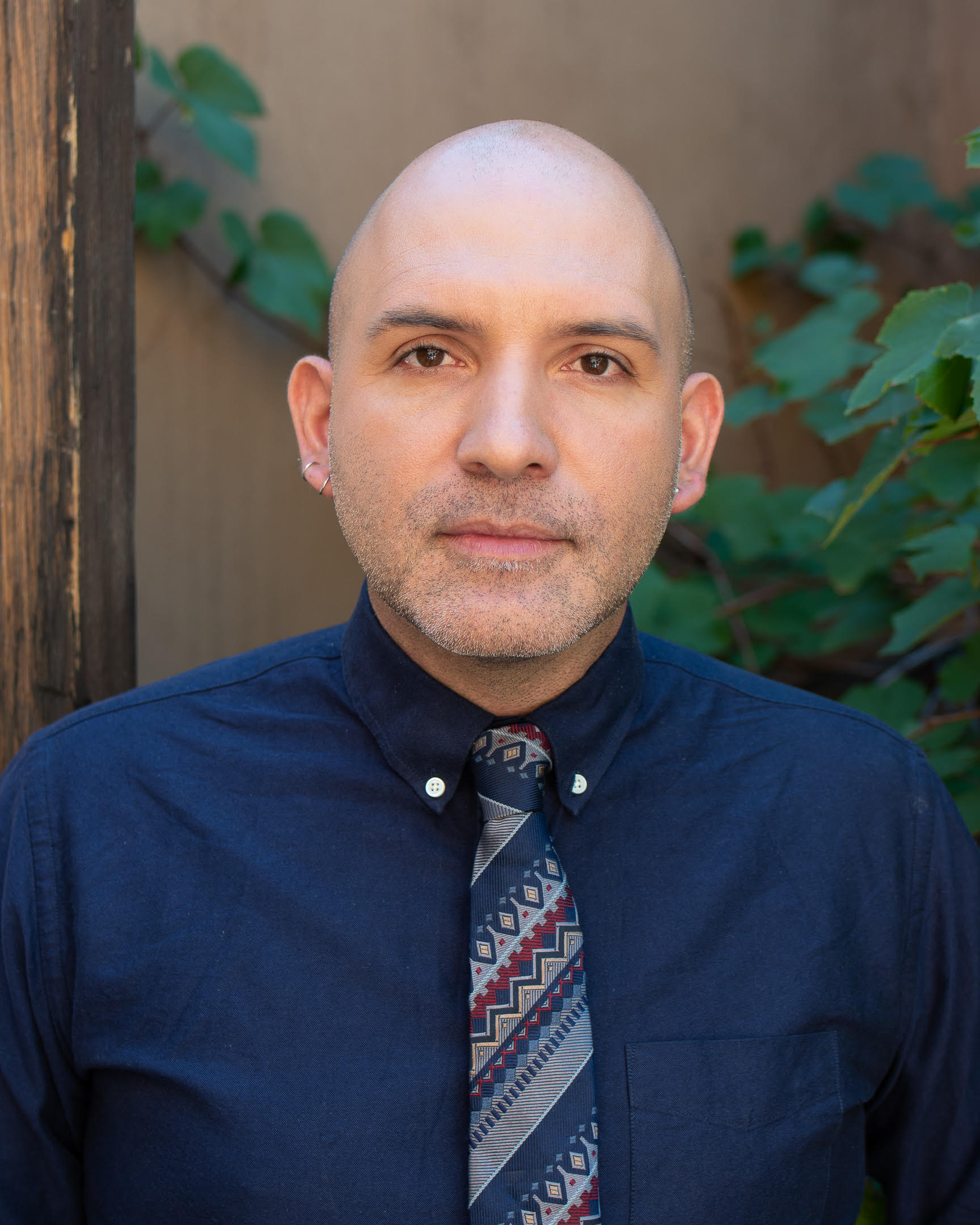
John C. Arroyo, Ph.D., AICP is Assistant Professor of Urban Studies and Planning and Chicanx and Latinx Studies and core faculty member of the Latinx Cluster Hire Initiative (LCHI) at the University of California San Diego. Prior to his appointment at UC San Diego he was Assistant Professor in Engaging Diverse Communities (with affiliations in the departments of Indigenous, Race, and Ethnic Studies and Historic Preservation) at the University of Oregon, where he was also Founder and Director of the Pacific Northwest Just Futures Institute for Racial and Climate Justice. Previously, Dr. Arroyo was an Andrew W. Mellon Foundation Fellow in Latino Studies at the School for Advanced Research in Santa Fe, New Mexico. Arroyo received his doctorate in Urban Planning, Policy, and Design from MIT. He is a national expert on the social, political, and cultural dimensions of immigrant-centered built and natural environments, urban design practices in emerging gateways, and arts and cultural planning. His scholarly and applied research has been published in peer-reviewed journals, books, policy reports, and featured on national media outlets. A certified planner, he has over 25 years of experience working with various arts and urbanism-related nonprofits, foundations, and government agencies in research, grantmaking, and technical assistance capacities across the US, Europe, Latin America, and the Caribbean.
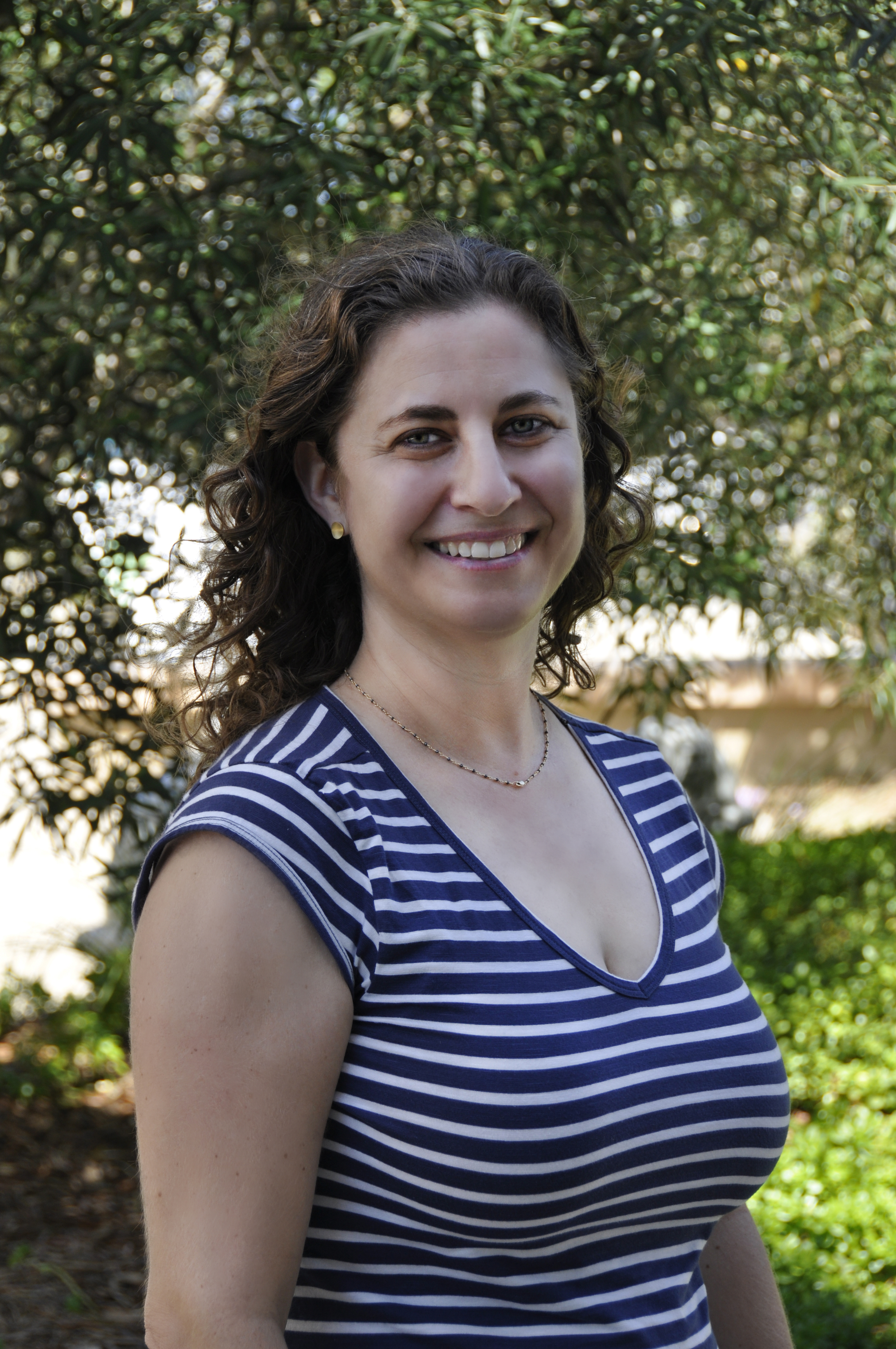
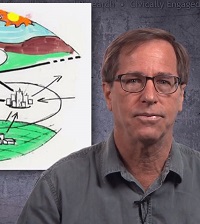
Keith Pezzoli's research couples theory building, narrative development, and civic engagement with a focus on urban, rural and bioregional development. Pezzoli directs UC San Diego’s Bioregional Center for Sustainability Science, Planning and Design (Bioregional Center). The Bioregional Center builds and facilitates knowledge-action collaboratives focused on conceptualizing, designing and enabling healthy placemaking.
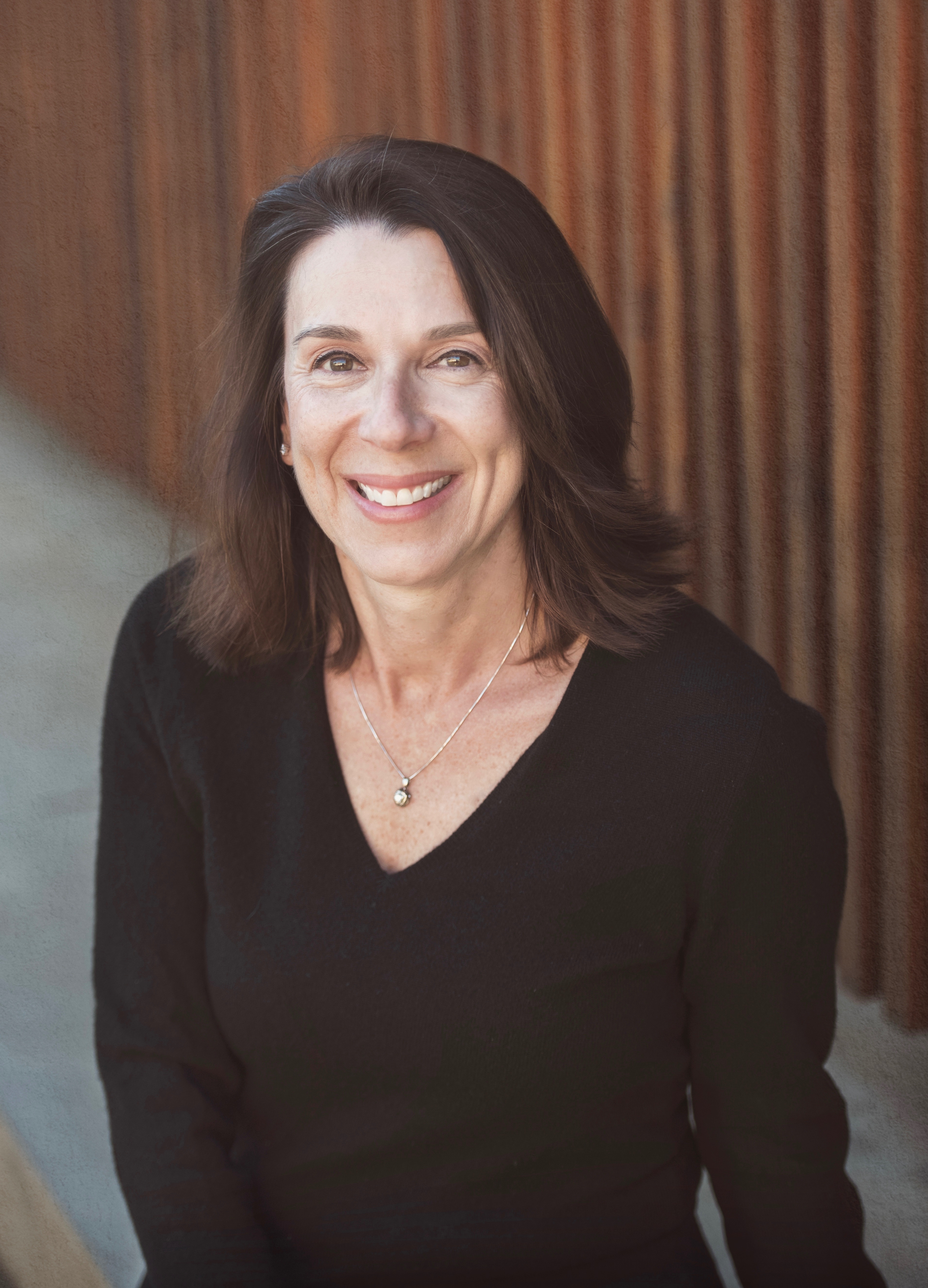
Mirle Rabinowitz Bussell is the Academic Director of Real Estate and Development in the Urban Studies and Planning Program at UC San Diego.
Dr. Bussell's research interests included private foundations' involvement in community development, quality of life indicators and planning in disenfranchised urban neighborhoods, affordable housing, comparative international research, healthy aging and the built environment, and local community economic development.
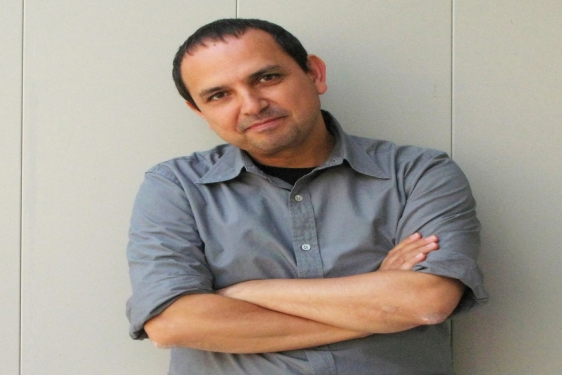
Cruz's work dwells at the border between San Diego, California and Tijuana, Mexico, where he has been developing a practice and pedagogy that emerge out of the particularities of this bicultural territory.
Dominguez is an expert on electronic civil disobedience, hacktivism, digital activism, information warfare.
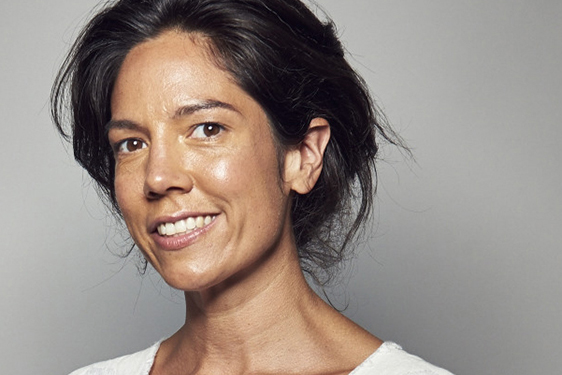
Janelle Iglesias is an artist working with and through objects, materials and their physical language in space. Ranging from simple displays to complex constellations, her work often explores the relationship between humans, capitalism and the natural environment. In addition to her individual practice, Janelle maintains a project-based collaboration with her sister, as Las Hermanas Iglesias which incorporates a variety of relationships and structures for collectivity. Her individual and collaborative work has been shown widely, including at the Queens Museum, Sculpture Center, Smack Mellon, Socrates Sculpture Park, Abrons Art Center, El Museo del Barrio, The Utah Museum of Fine Art’s ACME Lab, and The University of Colorado Art Museum and the Museum of Contemporary Art San Diego.
Lorena Mostajo is an artist whose photographic practice spans Mexico and the United States and Bolivia. Her current projects are centered on the ways in which vernacular and historical photographs, national imaginaries, global and local economies and tourism intersect. By looking at these relationships, she examines how images of tourism can simultaneously contain and displace commonly known histories of power relationships and ideas about national culture.

Newsome is an expert on the ancient civilizations of Mesoamerica, including the Aztec, Olmec and Izapan cultures.
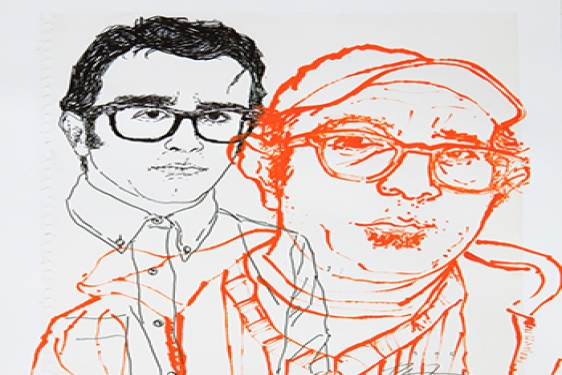
Ortiz-Torres is widely regarded as one of today's leading Mexican Artists and as an innovator in the 1980s.
Wardwell's research interests include art history and the overlap of art, politics and theory.

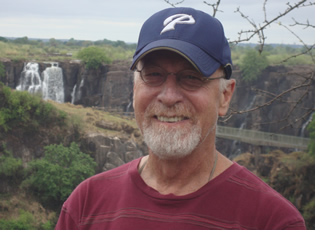




Hock's research interests include film and video making and public art.

Professor of Spanish and Chicano/a Literature.


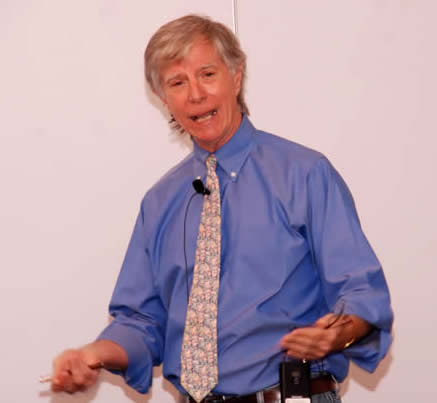
Peter H. Smith, Ph.D., Professor Emeritus of Political Science
Books include Talons of the Eagle: Latin America, the United States, and the World (4th edition, 2011), Democracy in Latin America: Political Change in Comparative Perspective (2nd edition, 2012), and Modern Latin America (coauthored, 8th edition, 2014), all published by Oxford University Press. His works have been translated into Spanish, Portuguese, Korean, and Chinese. He has also written numerous articles and book chapters, many intended for the general public, and for several years he hosted a UCSD-TV talk show about Latin America and its relationship with the United States.
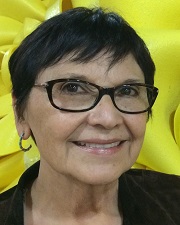
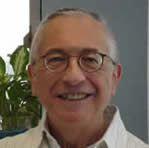

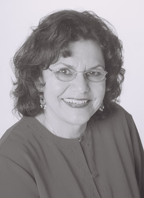
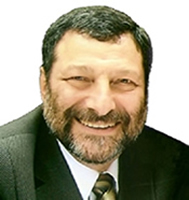
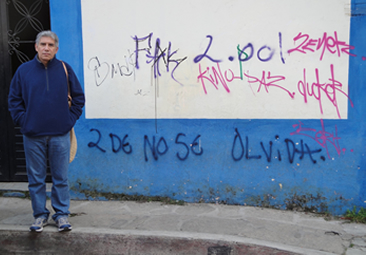
Parra's research interests include Latin American Literature, Mexican literature, Caribbean literature, and Indigenismo Narrative.
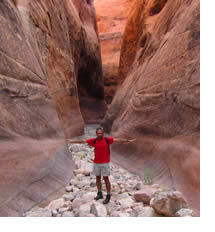
Kokotovic is an expert on Andean Literature and Culture; Central American Literature; Latin American Political Economy and Cultural Theory